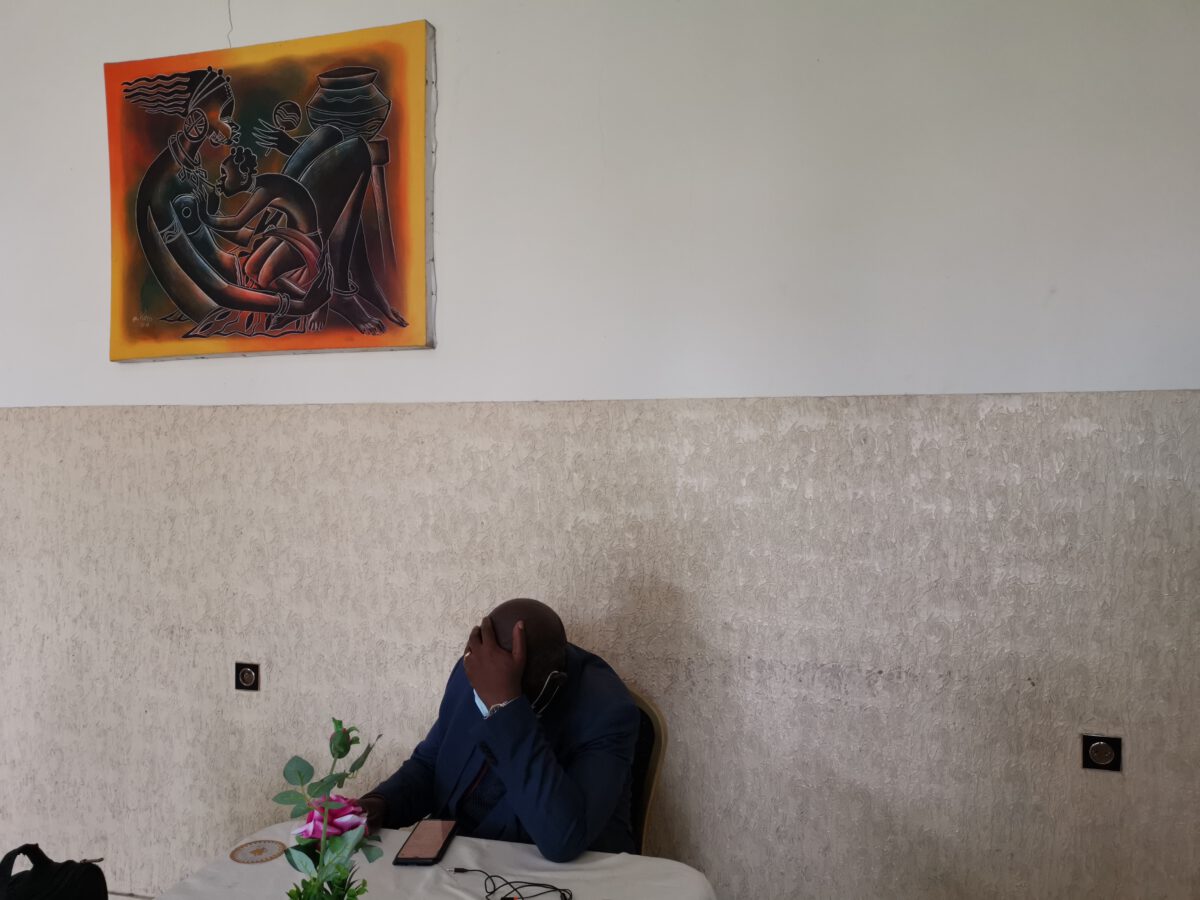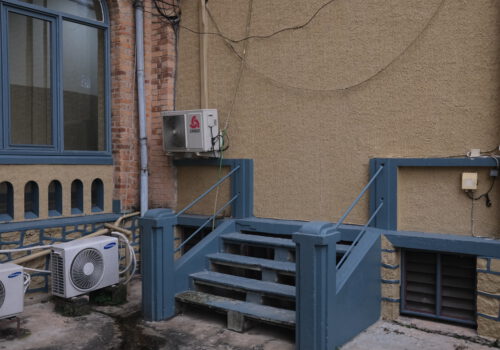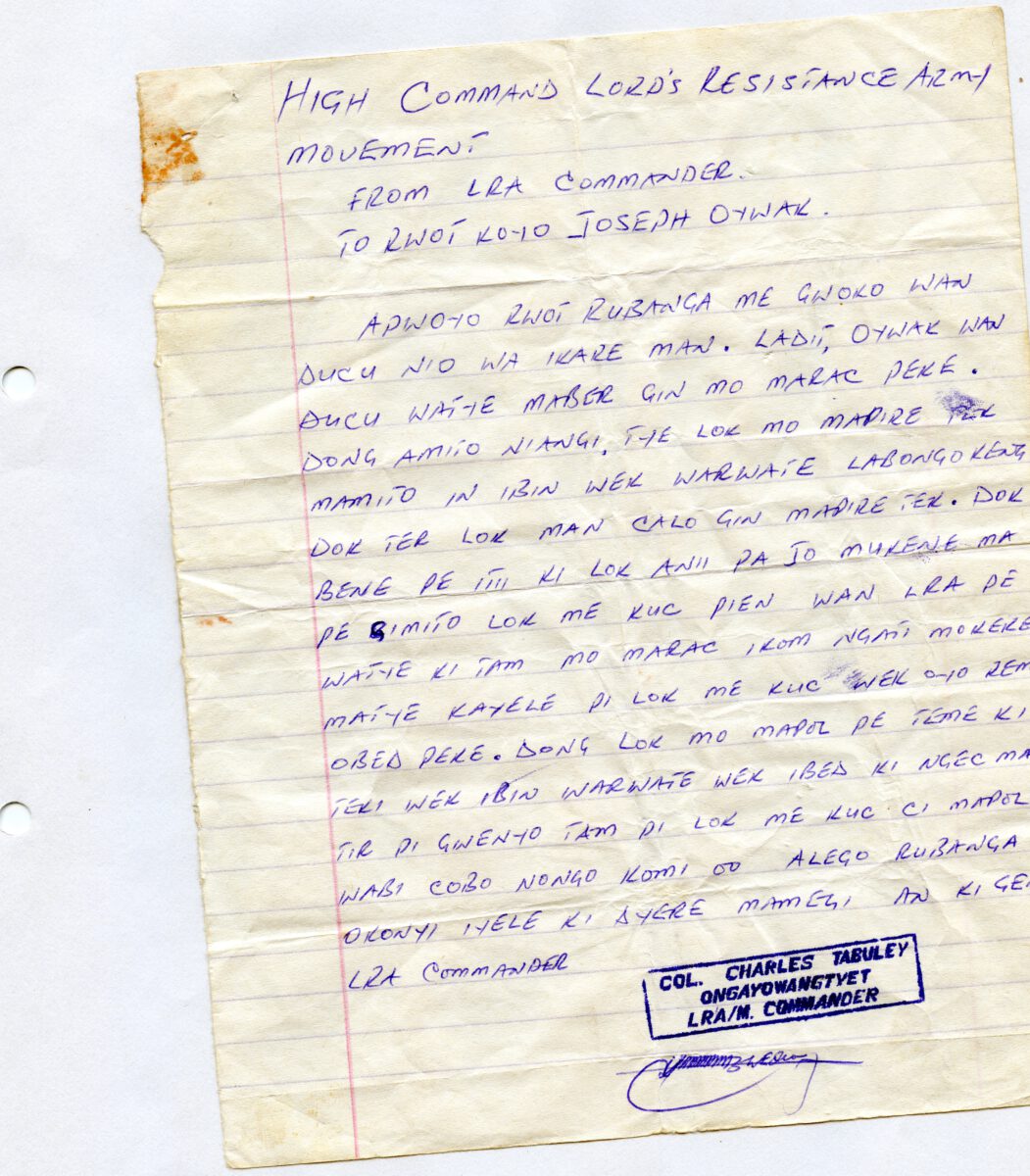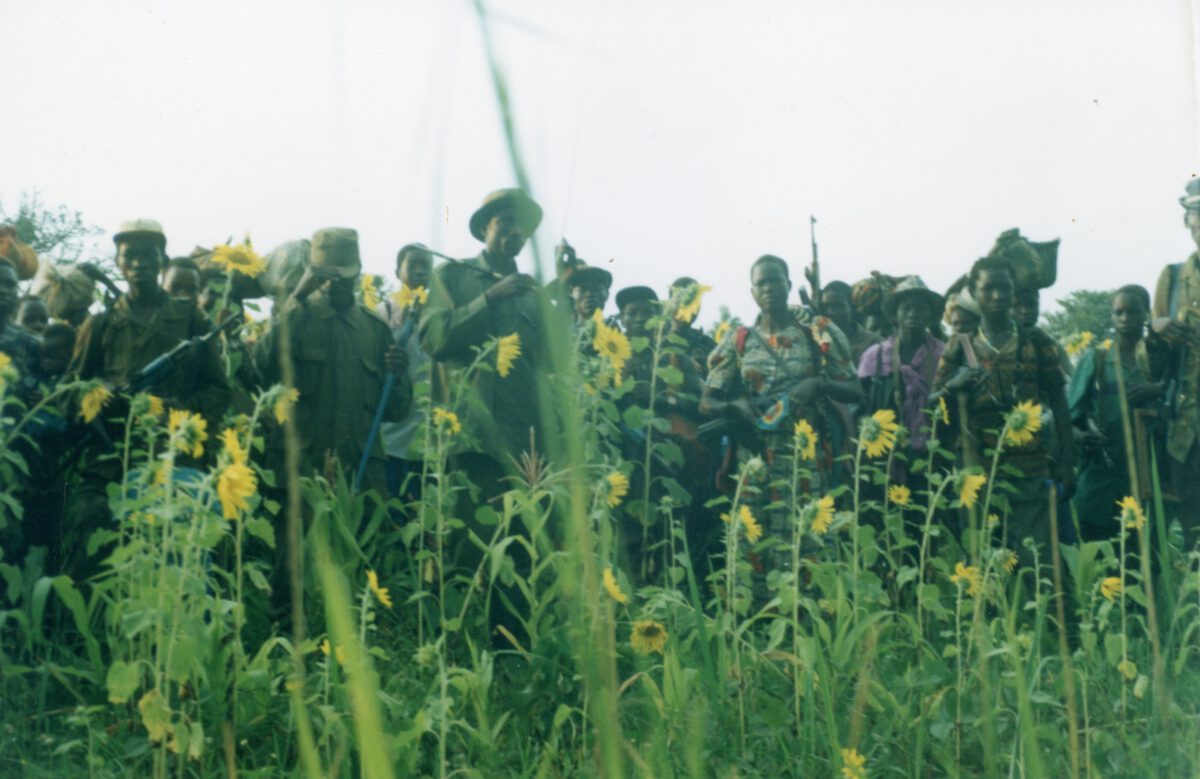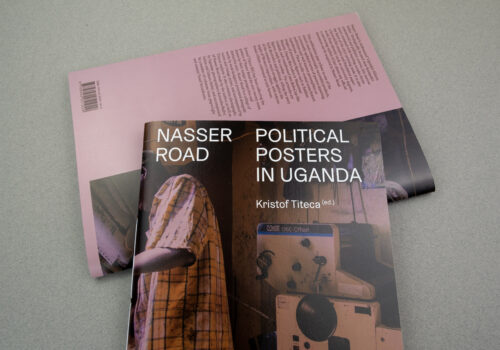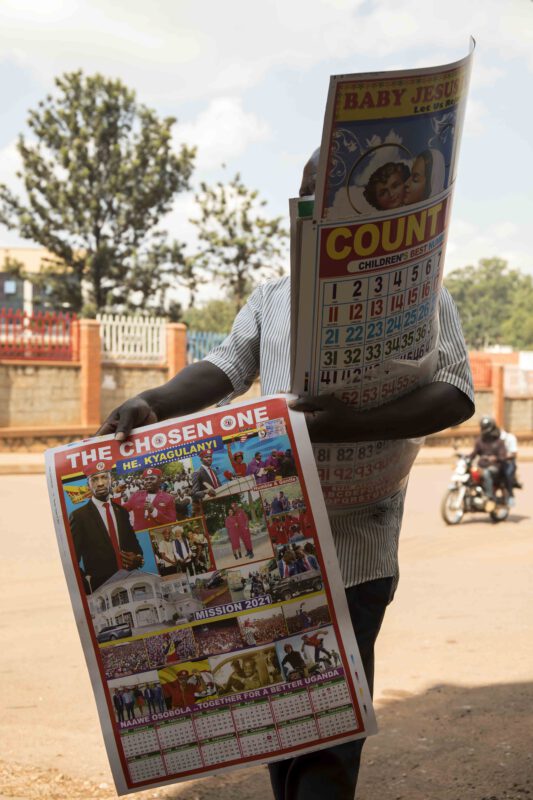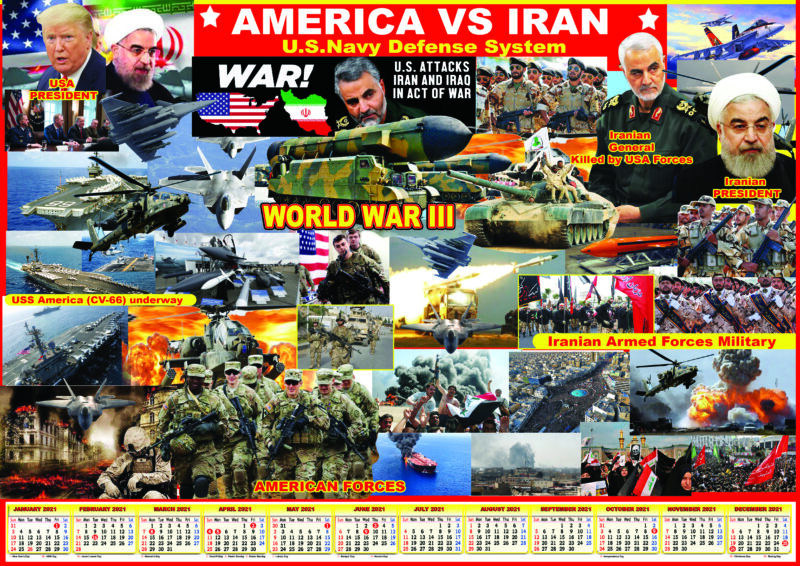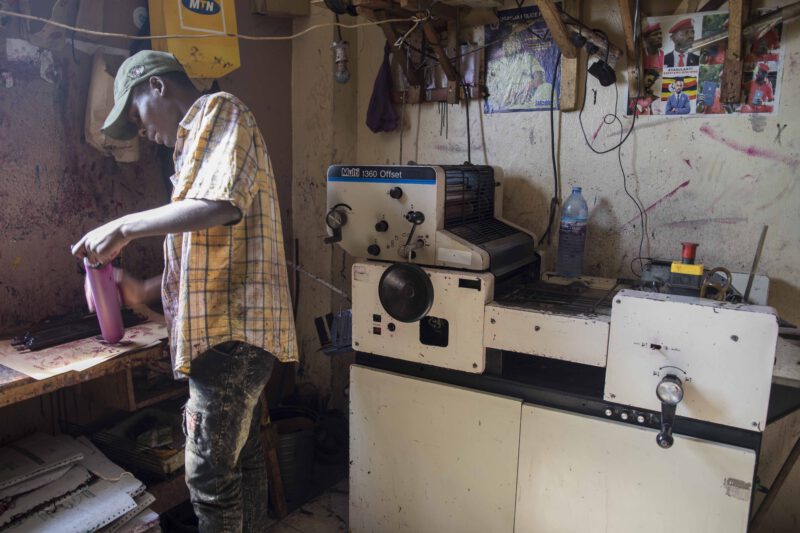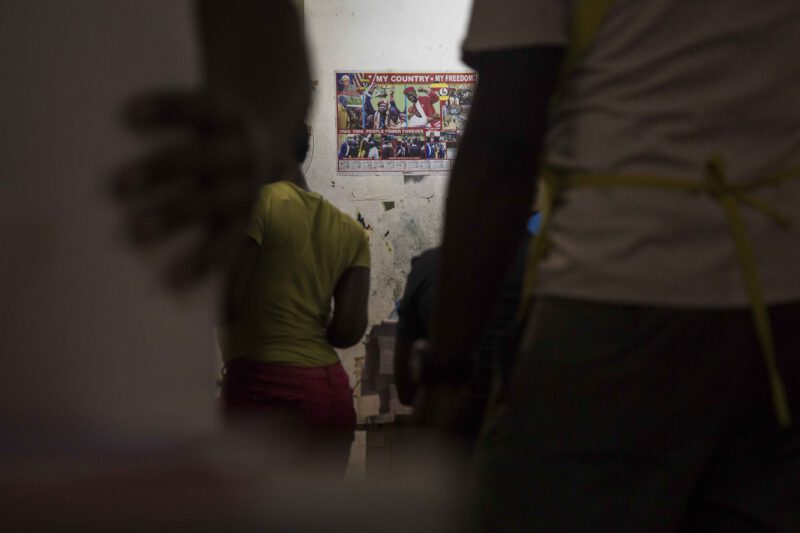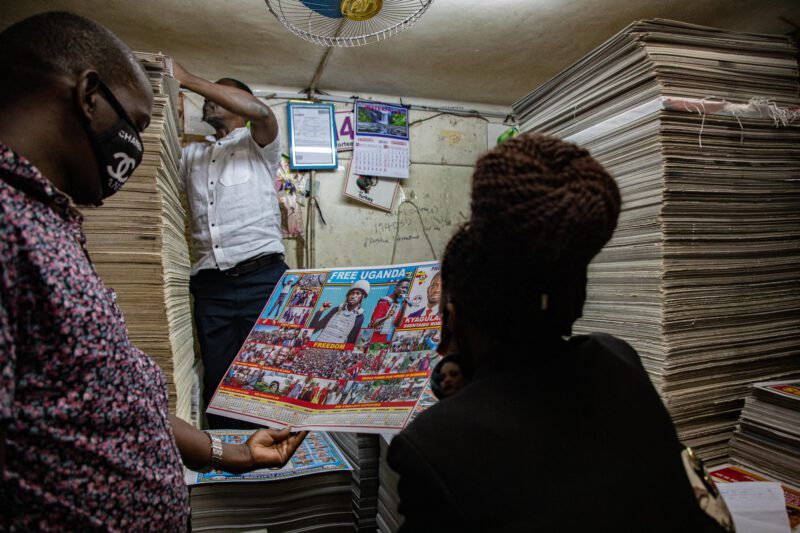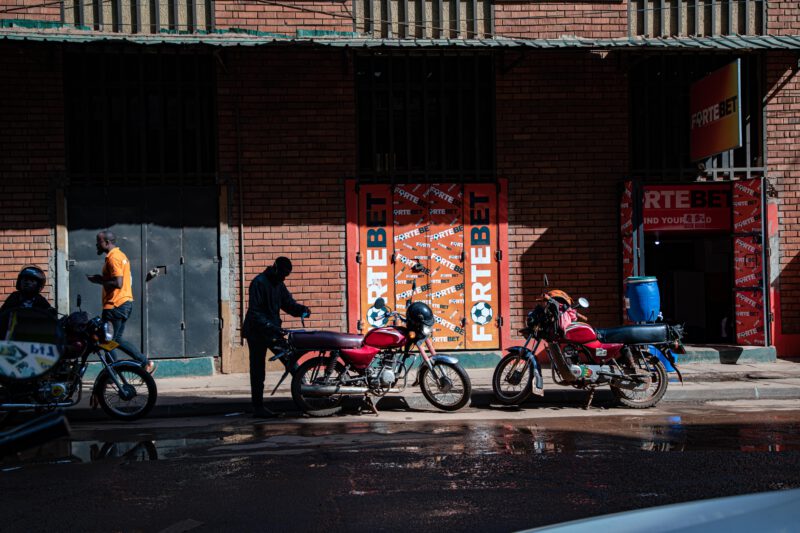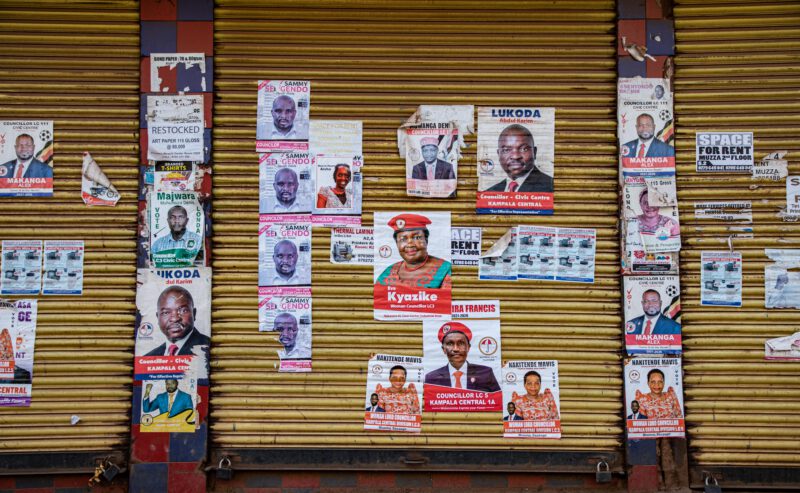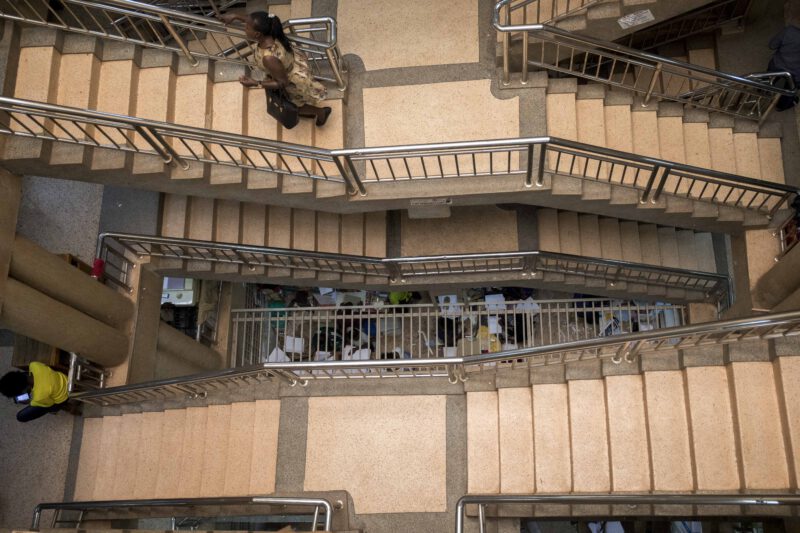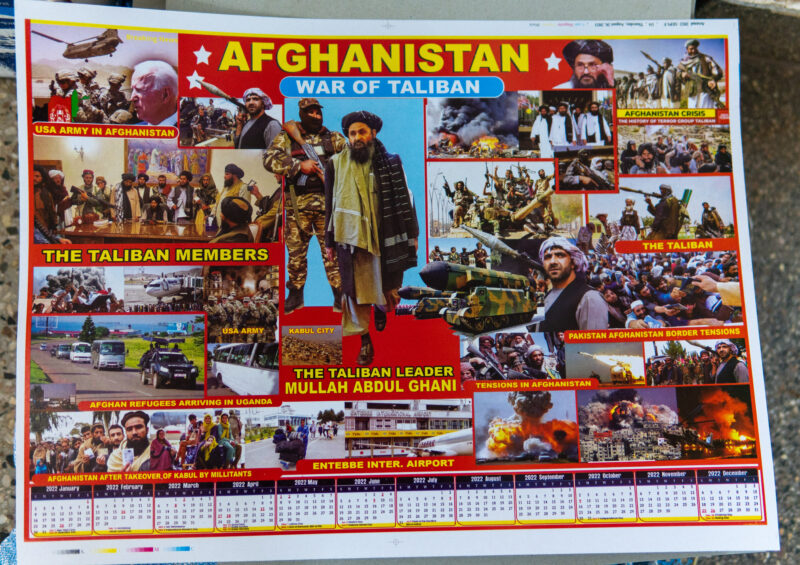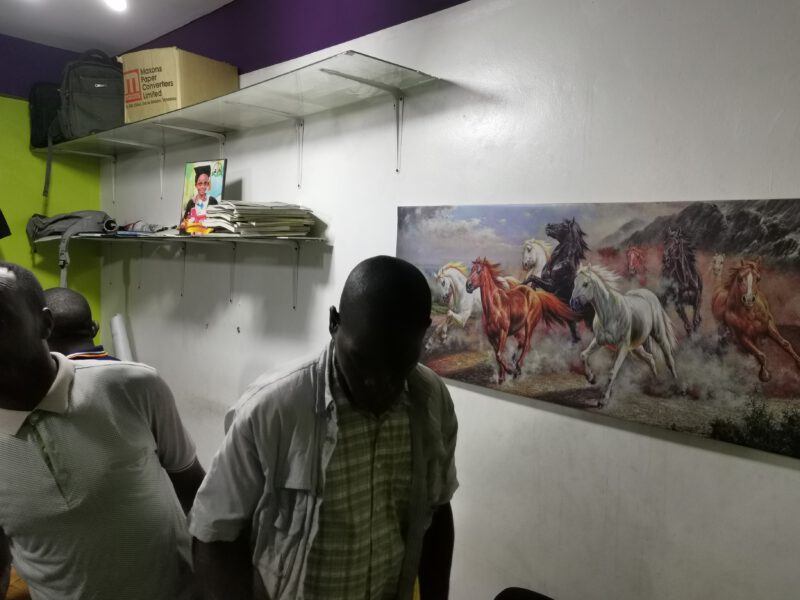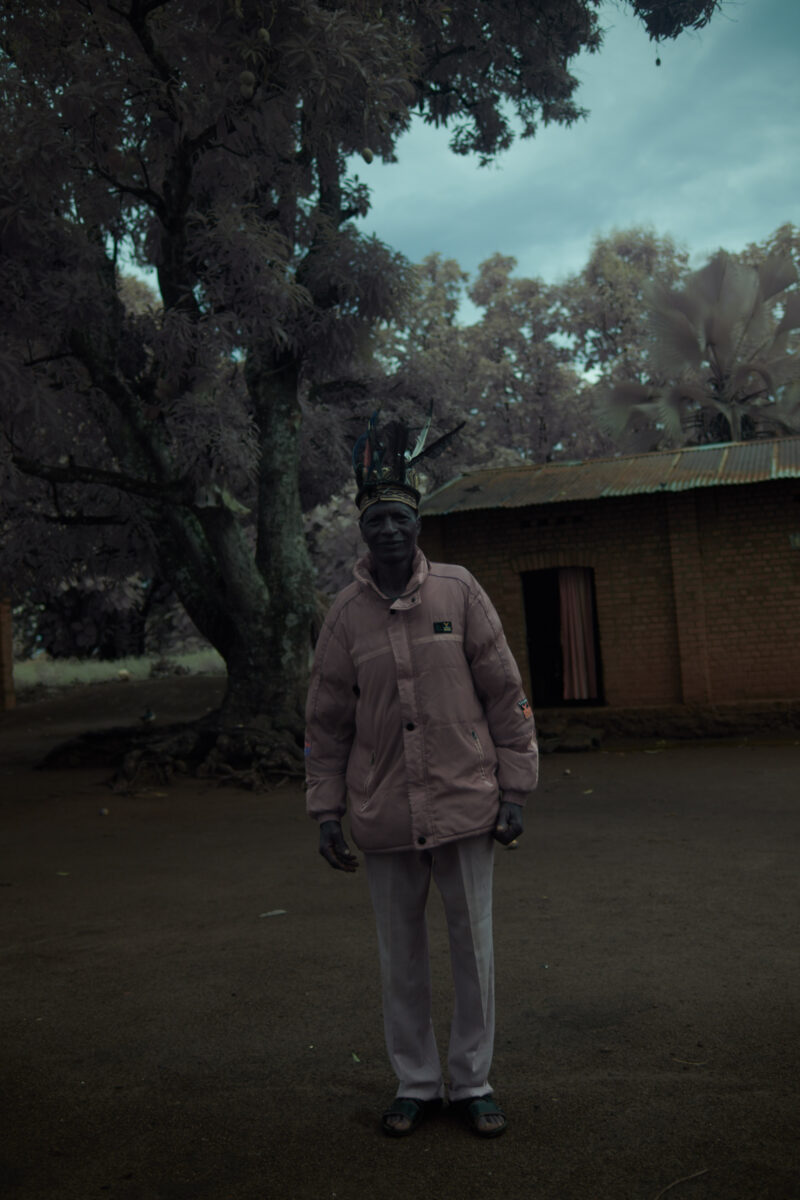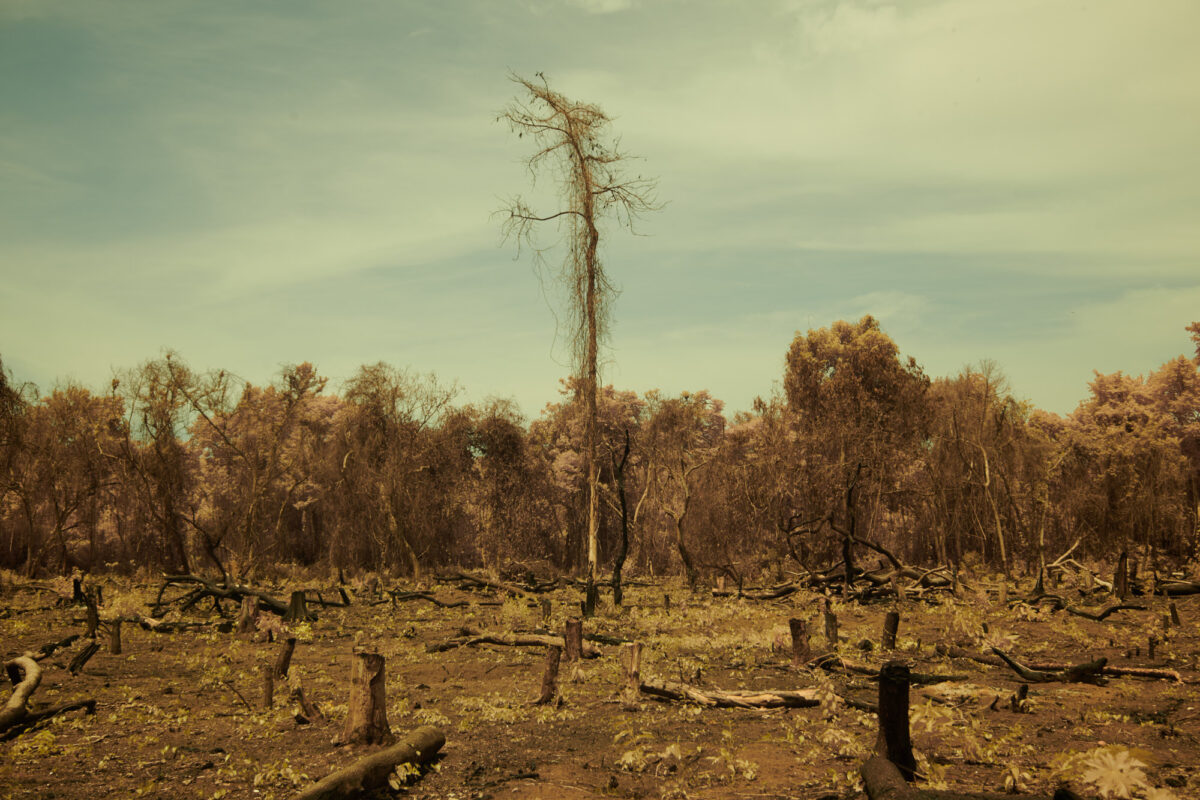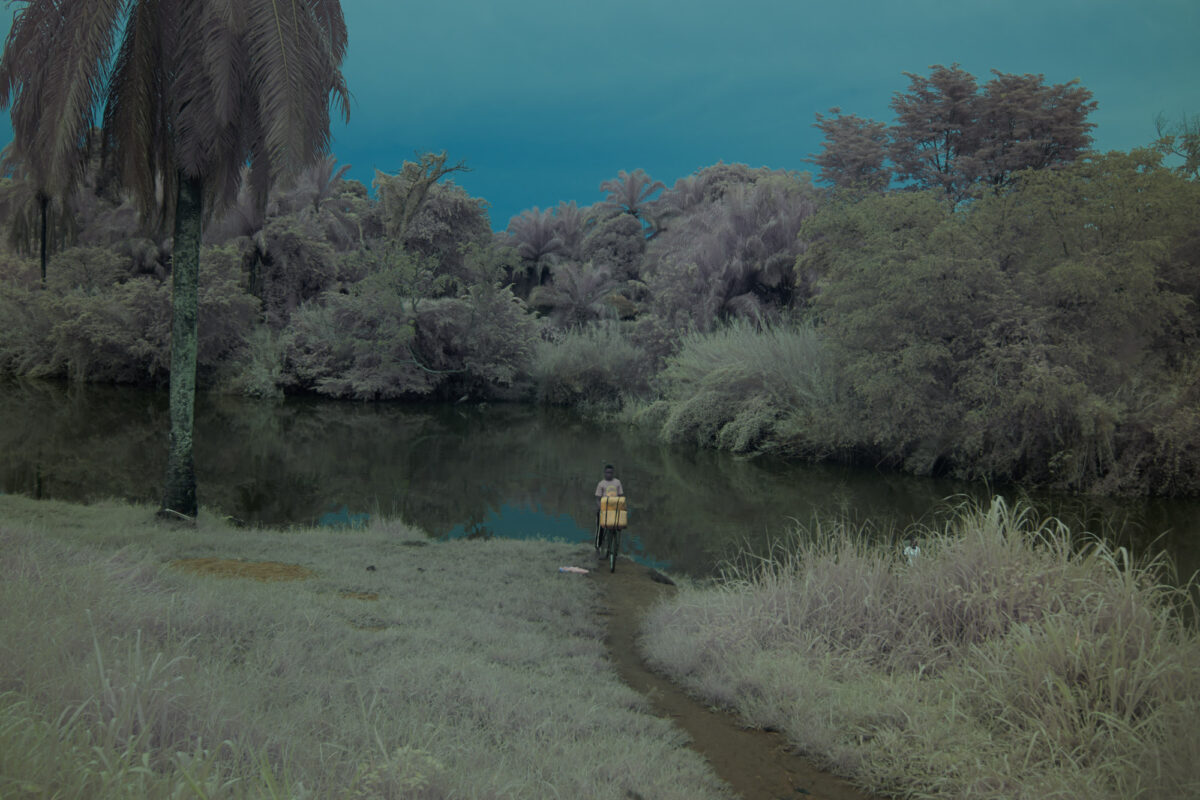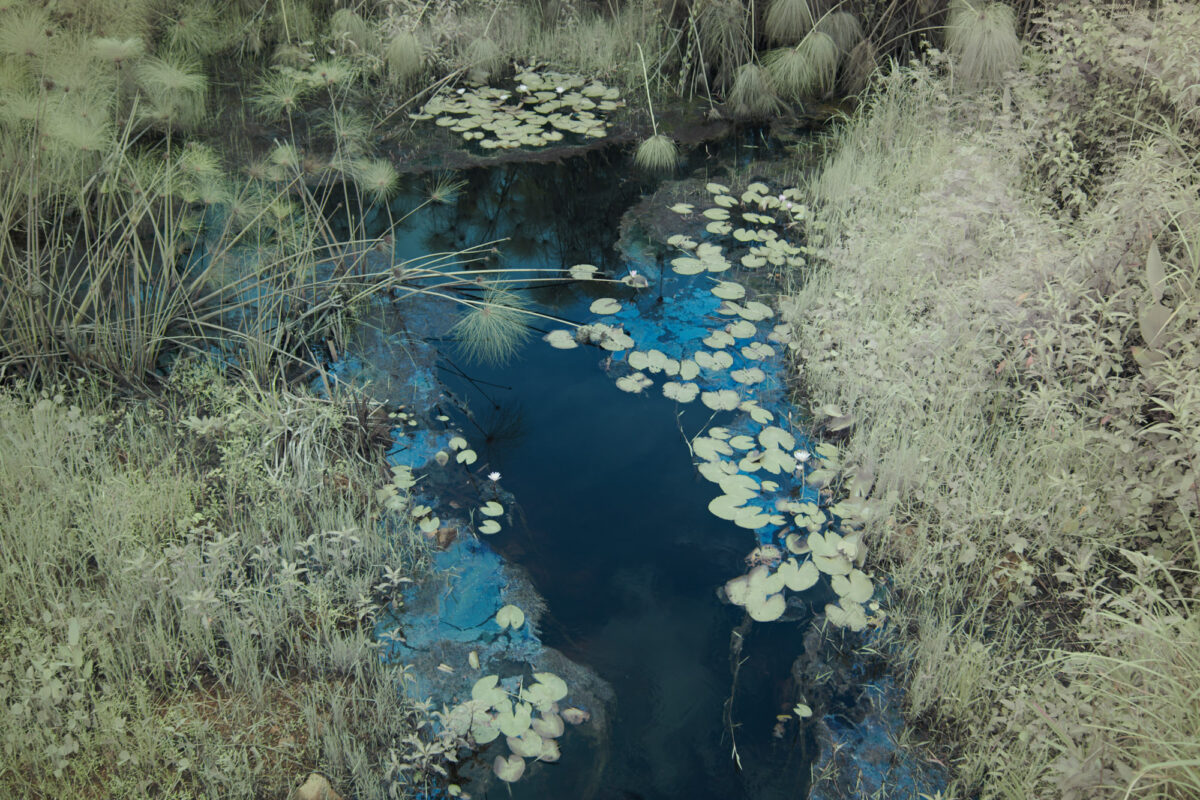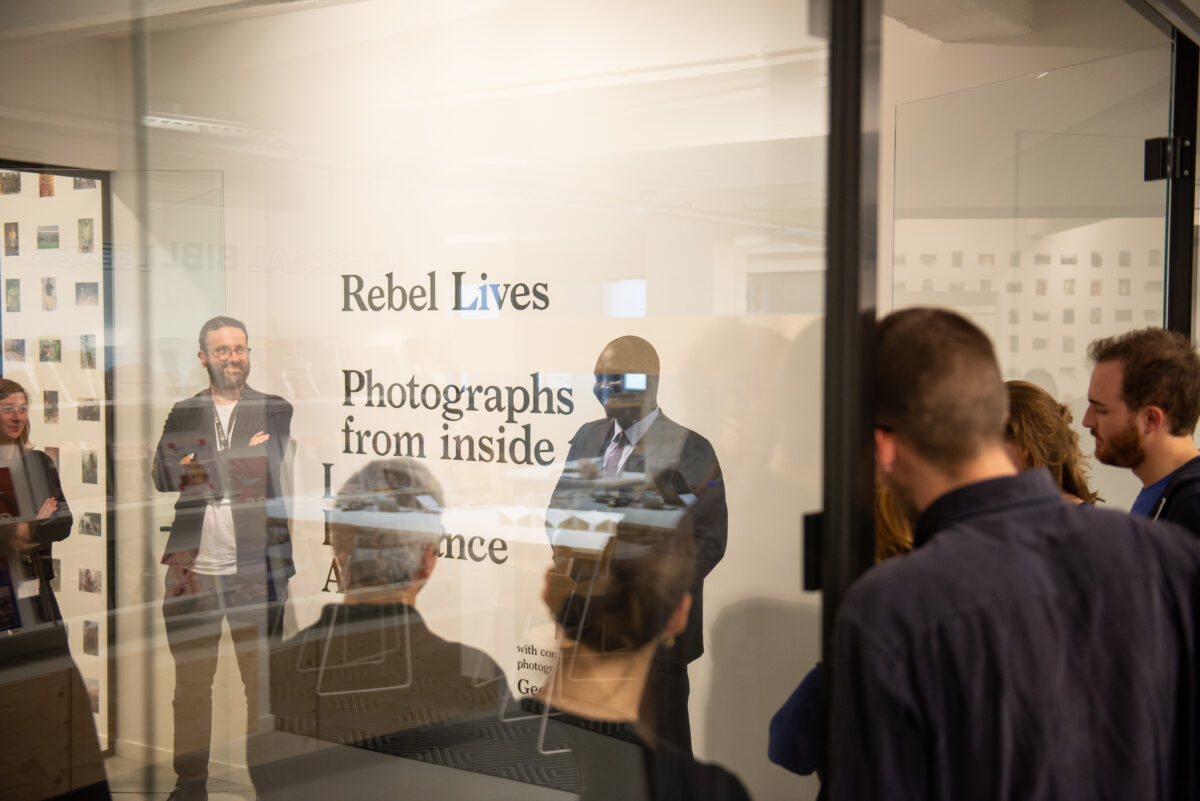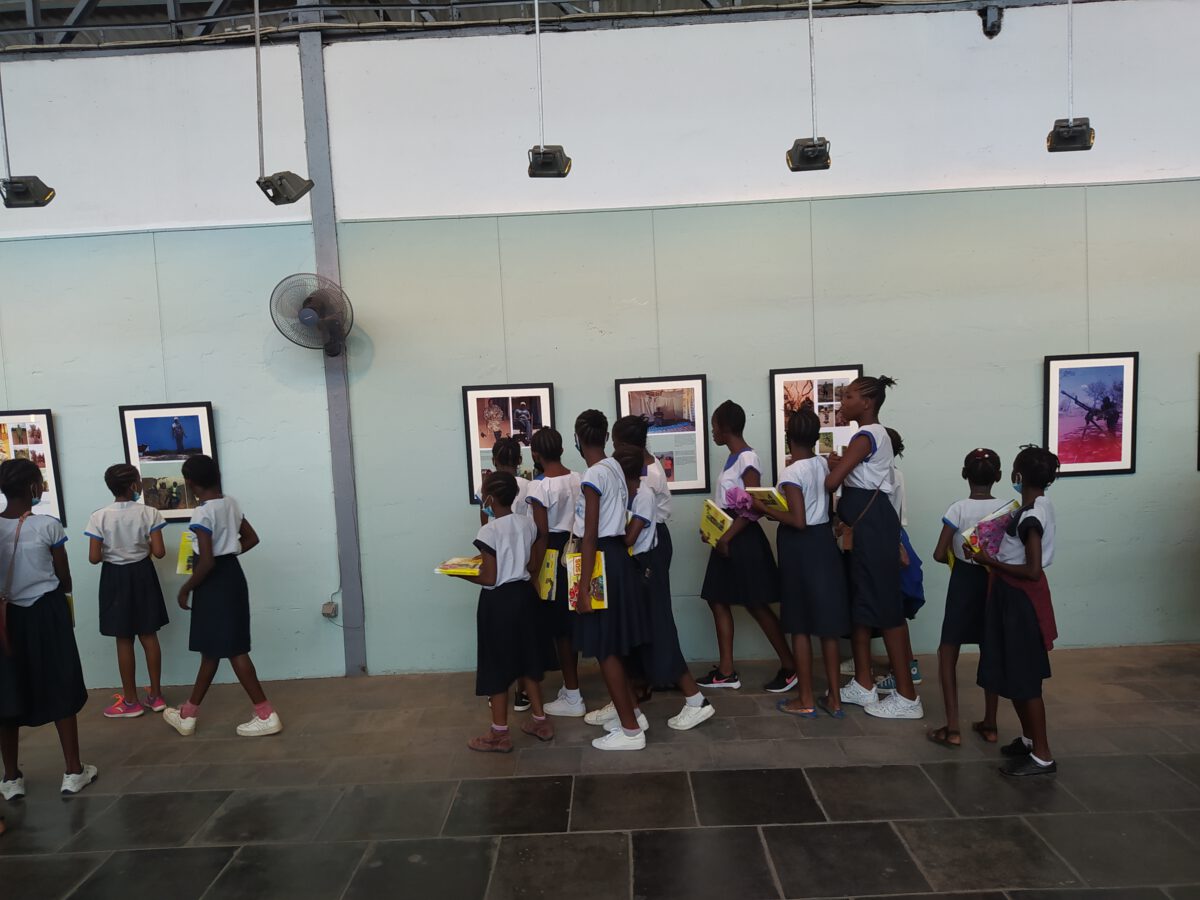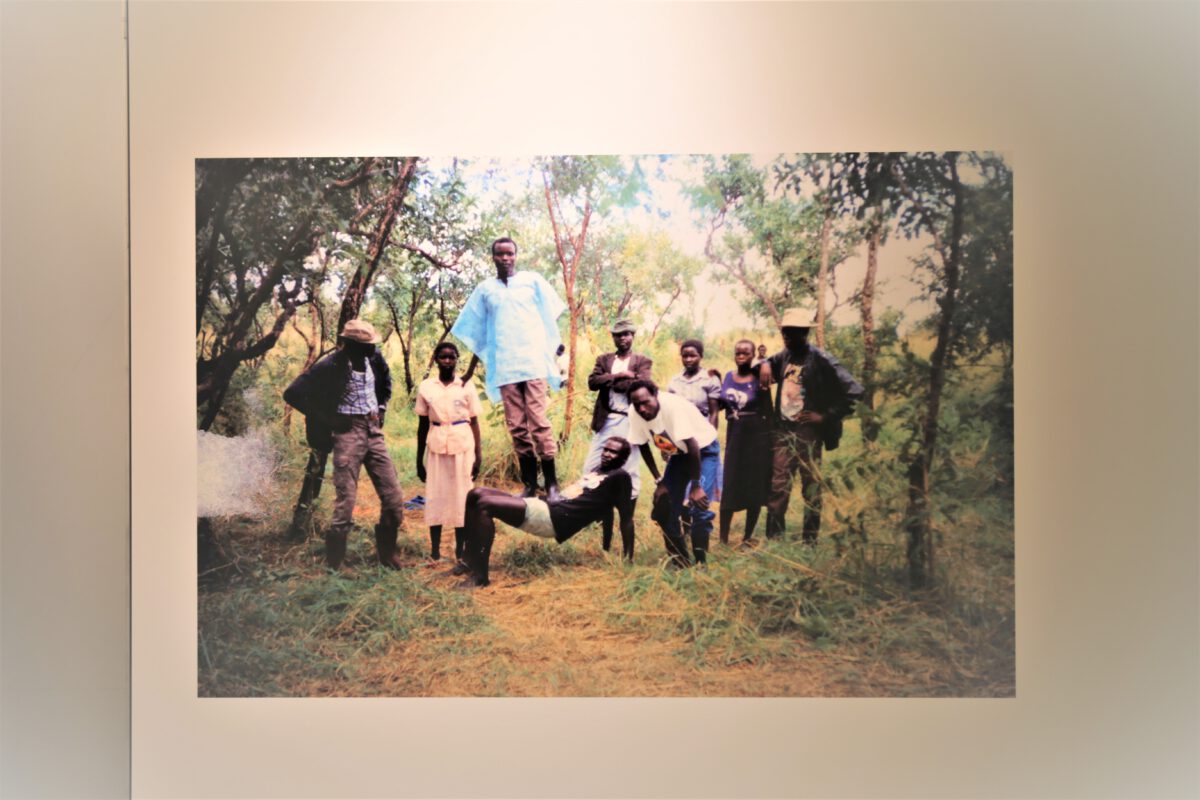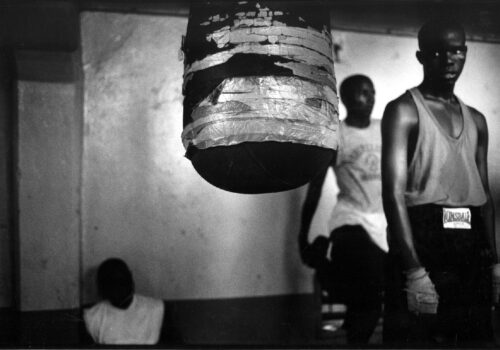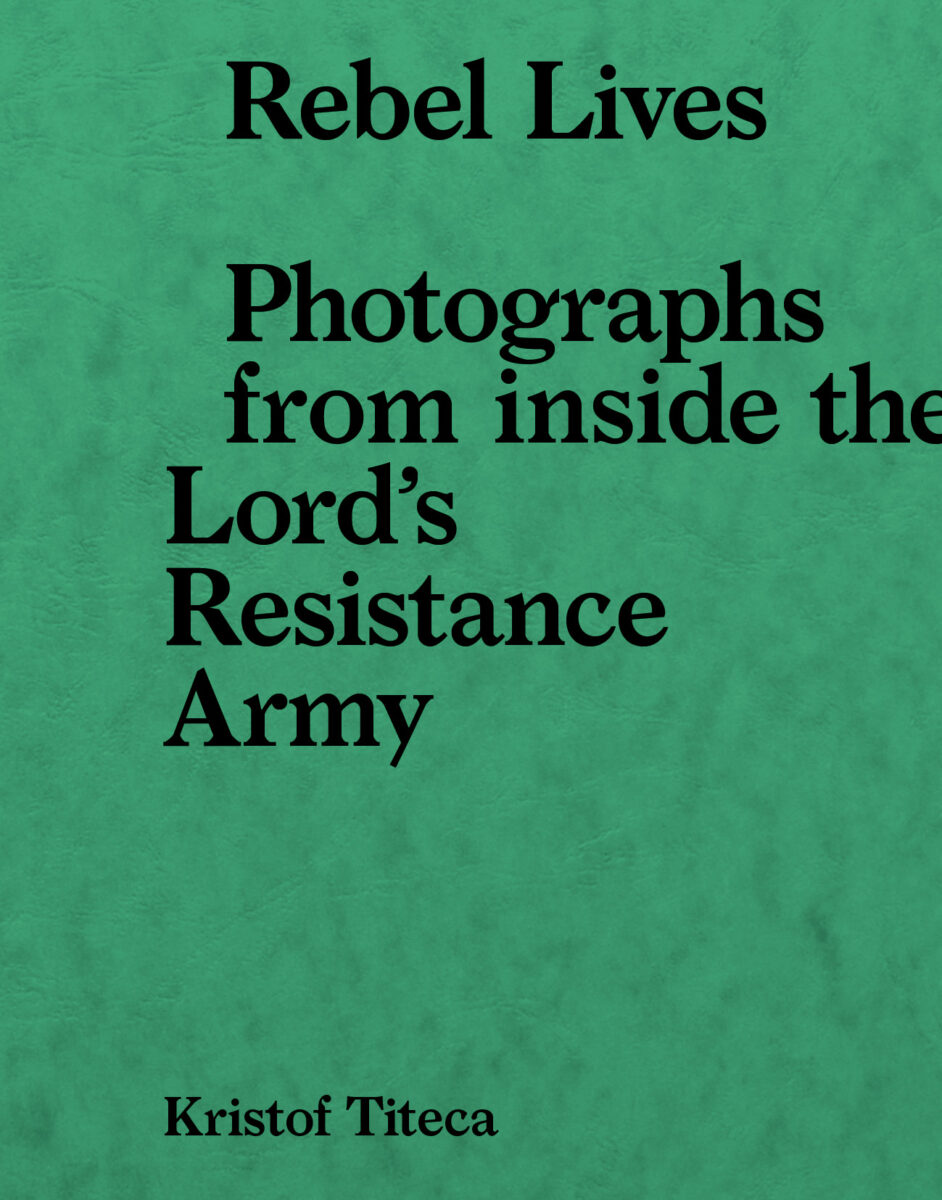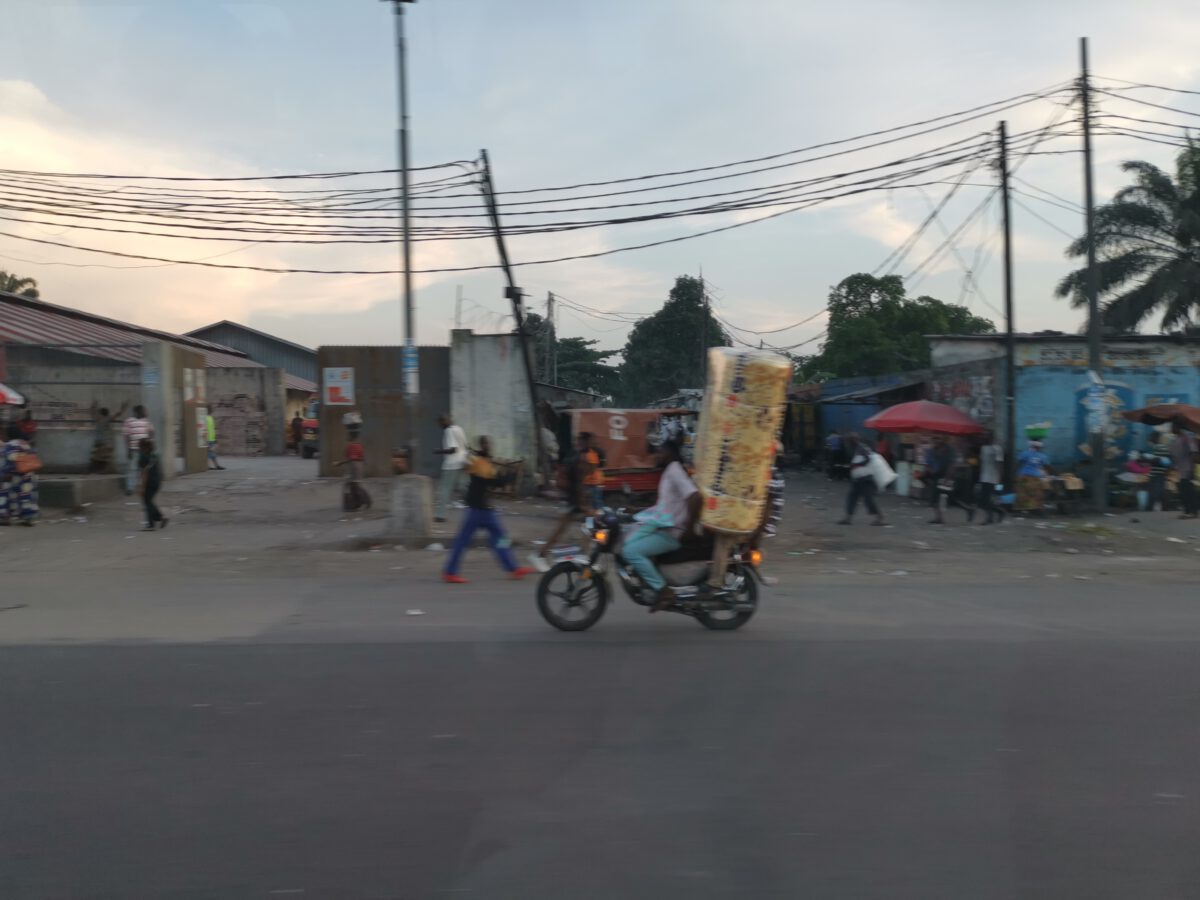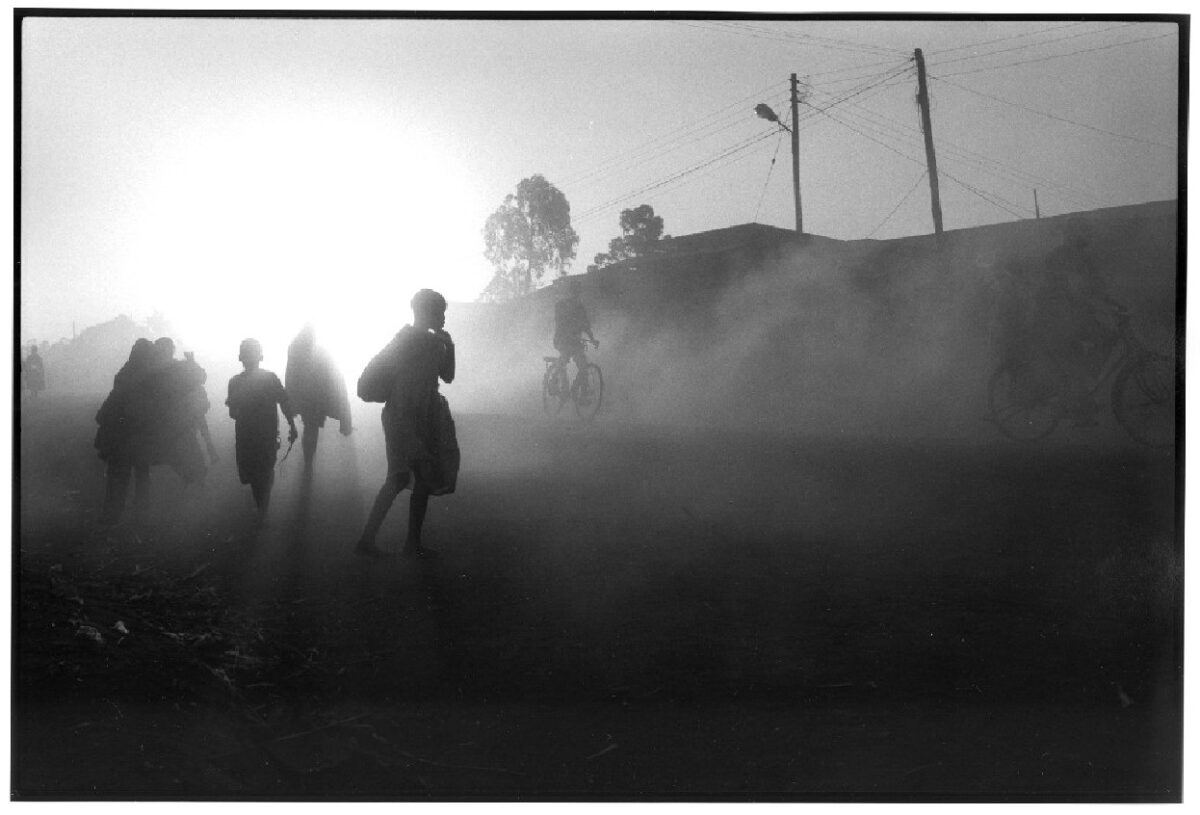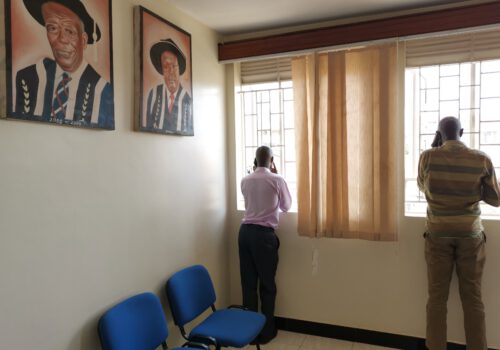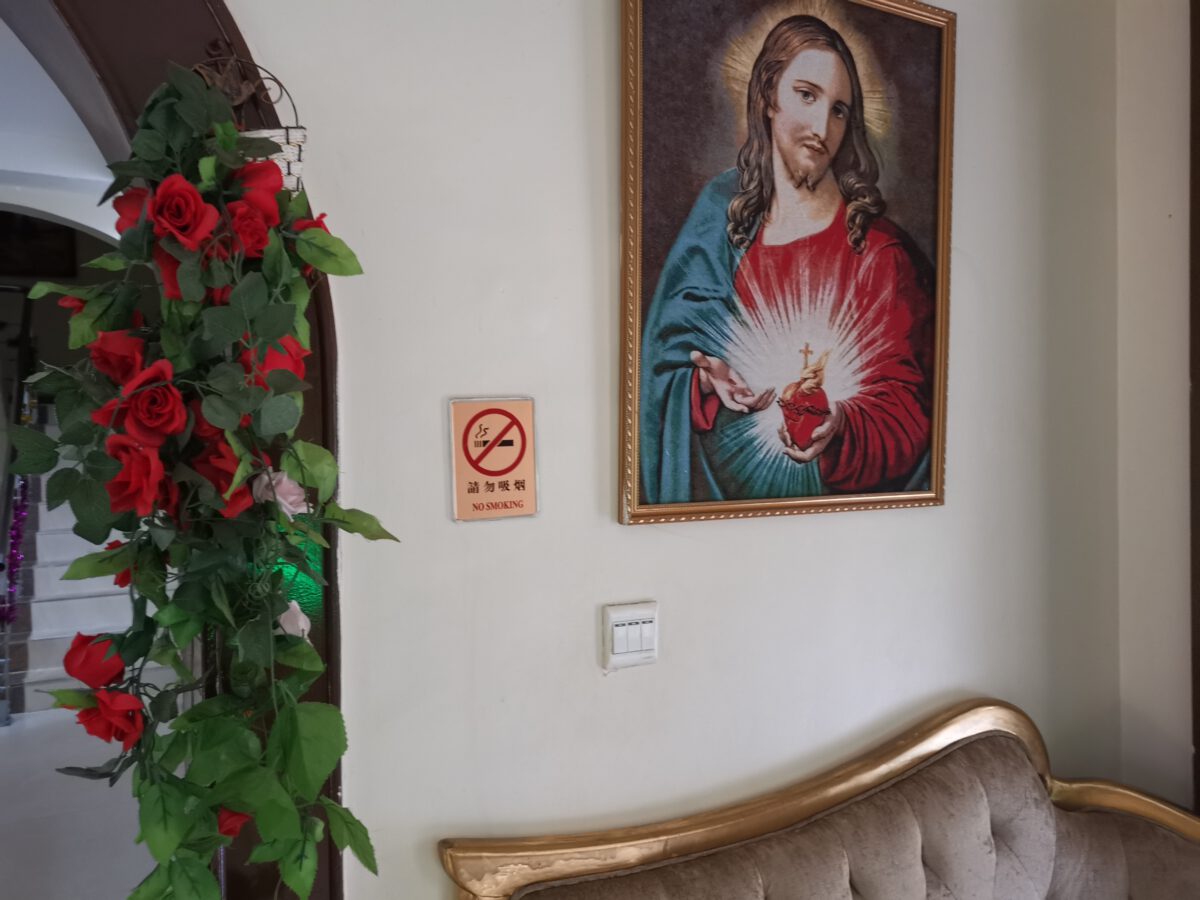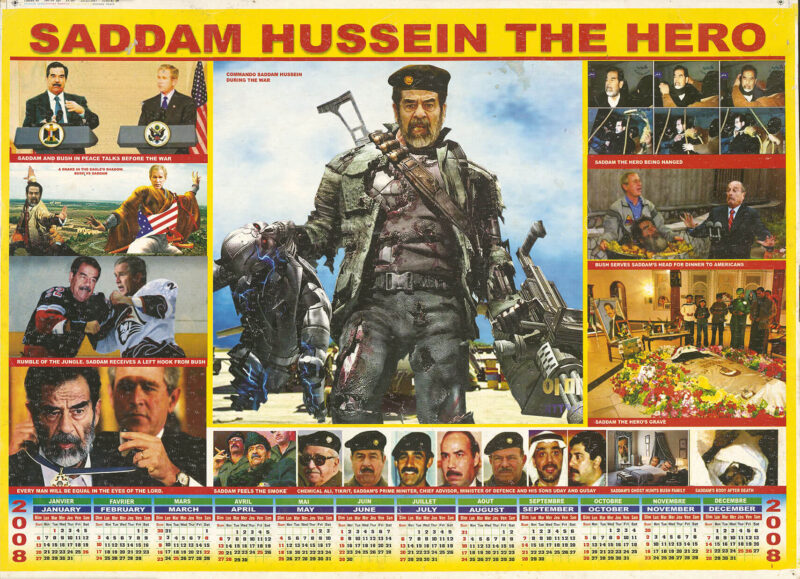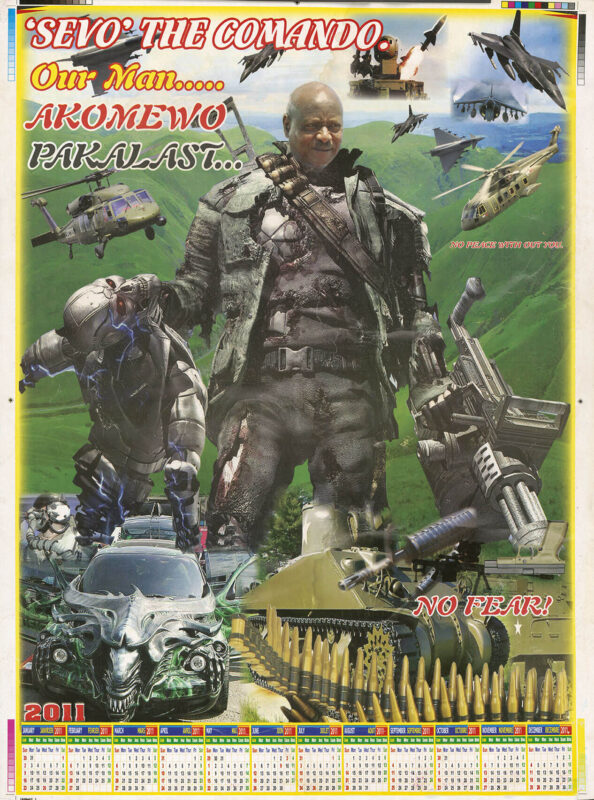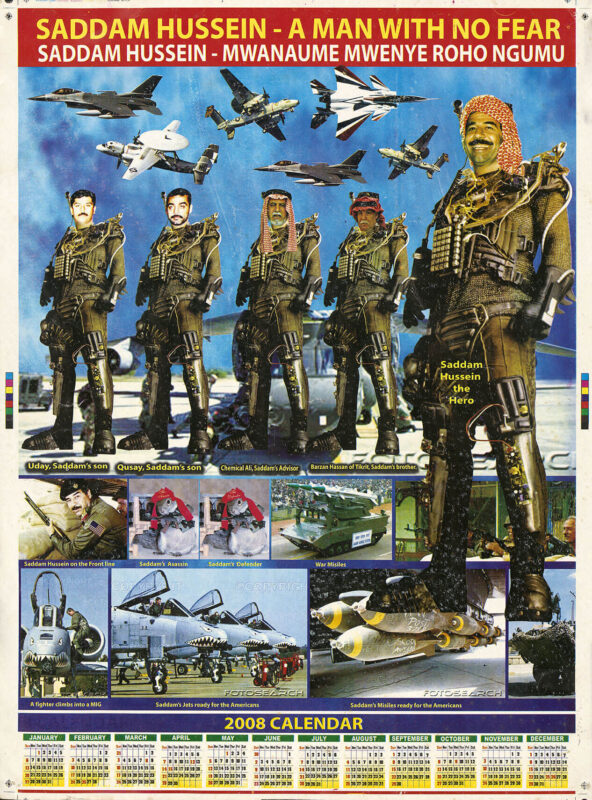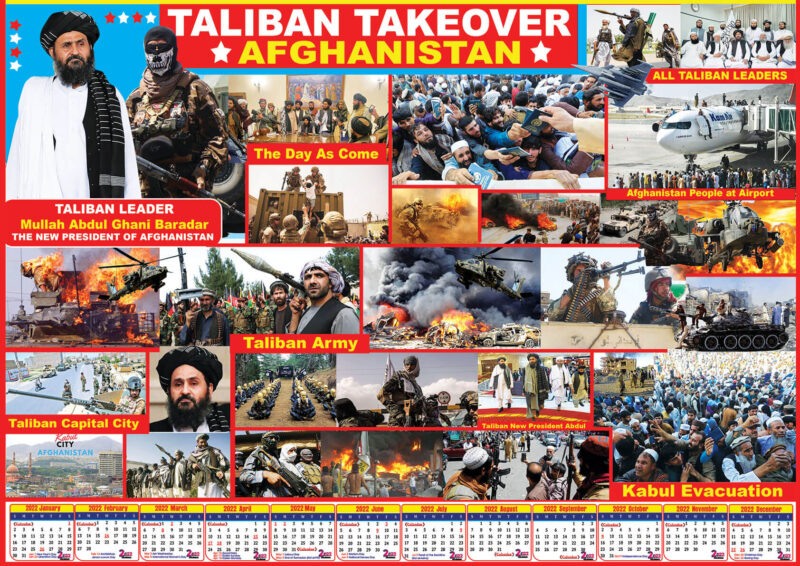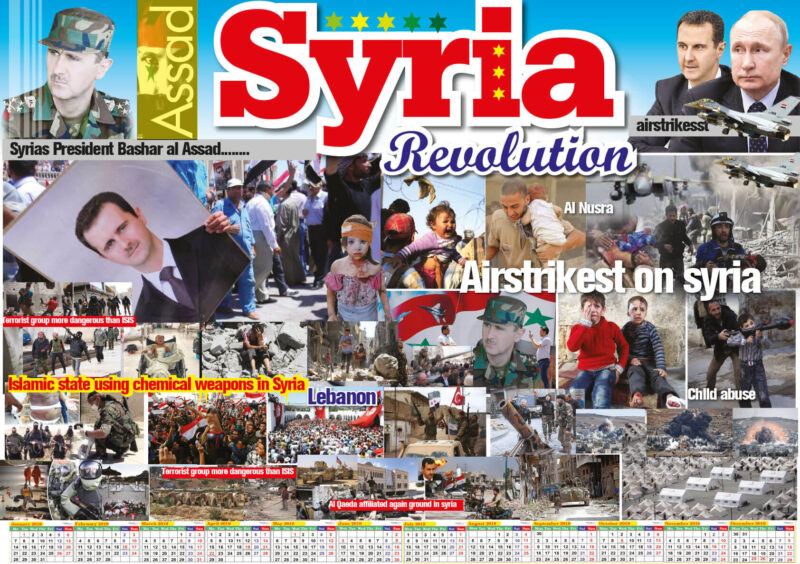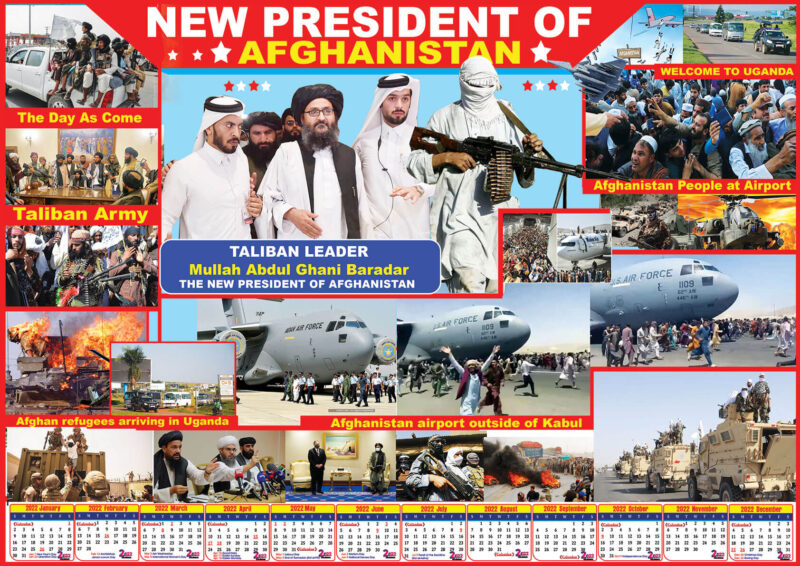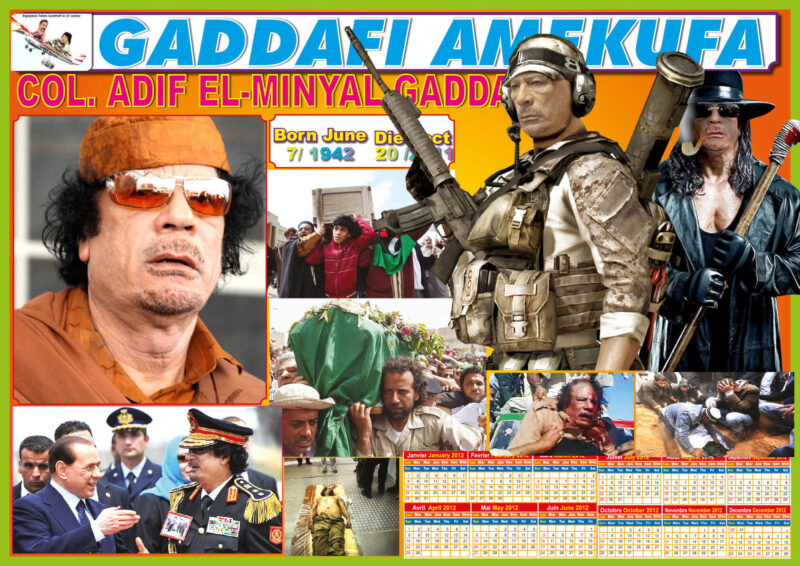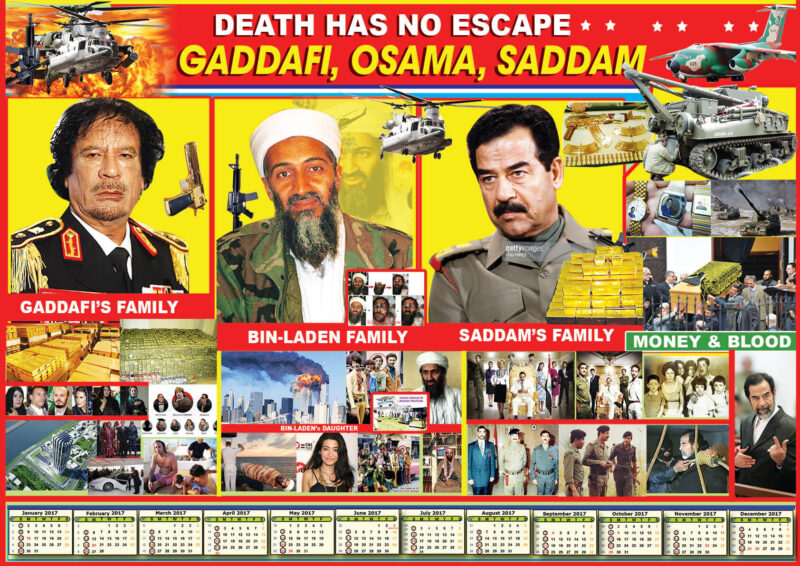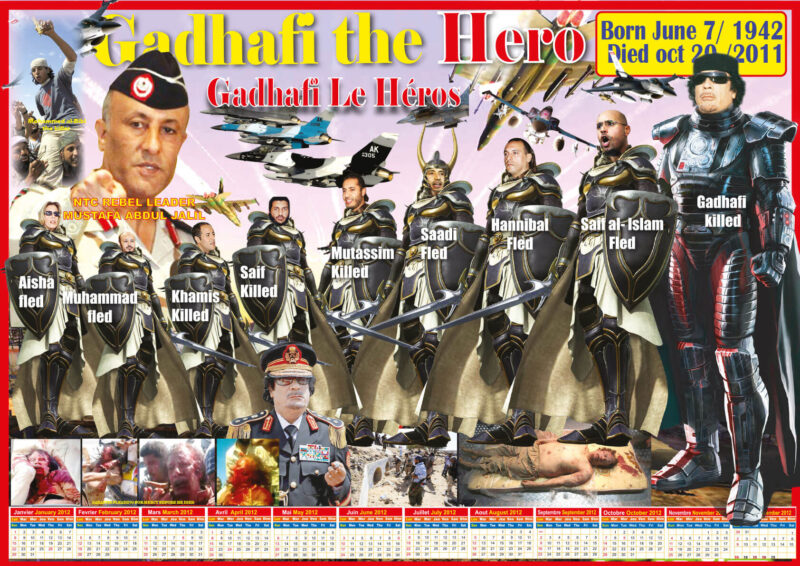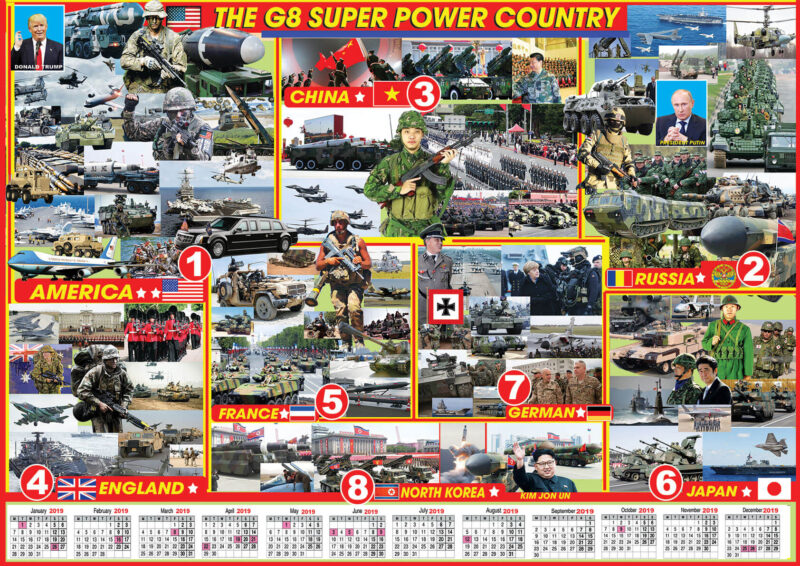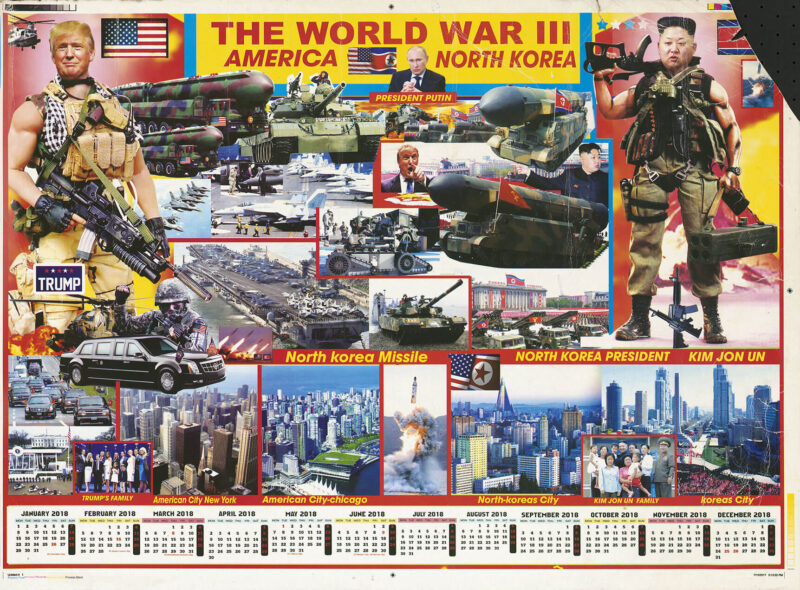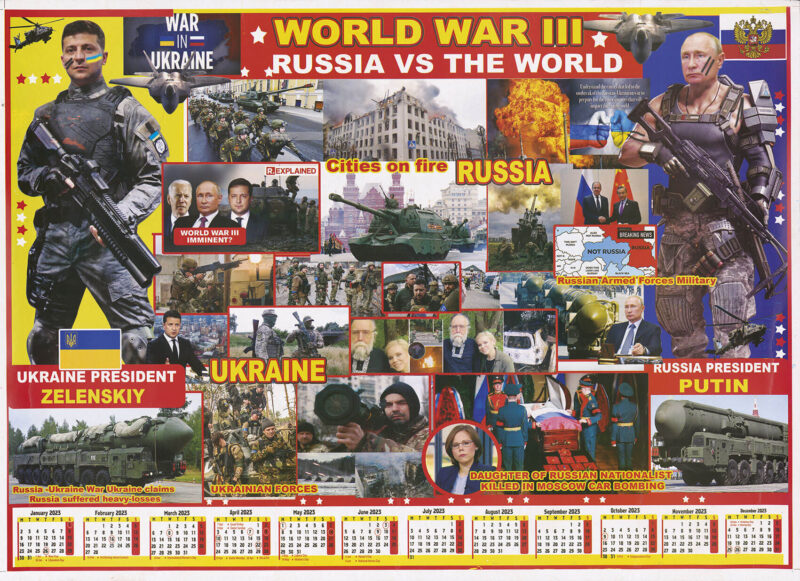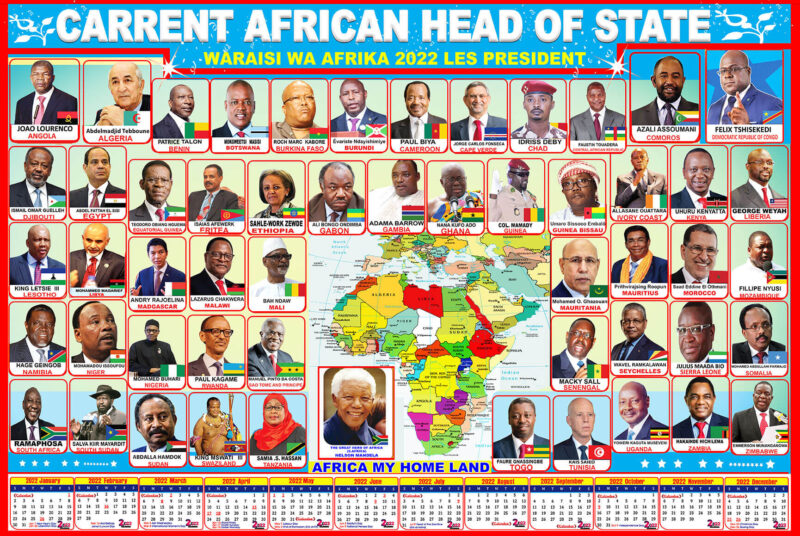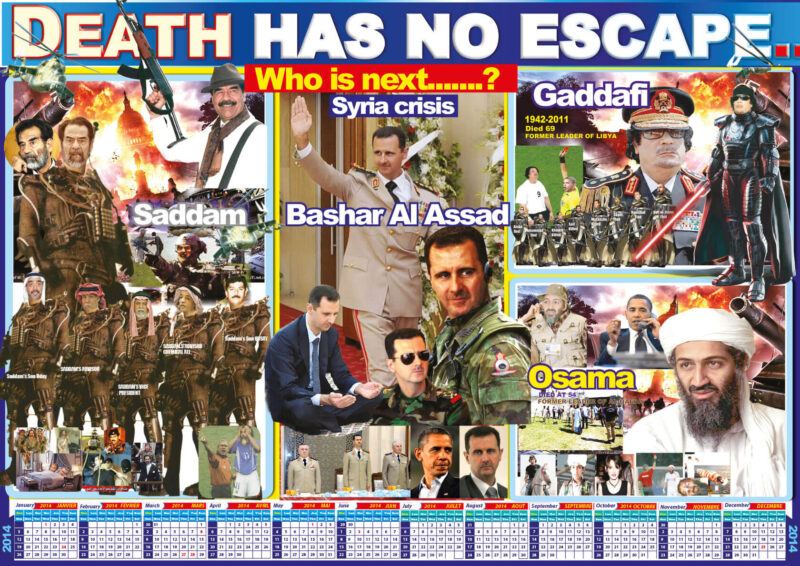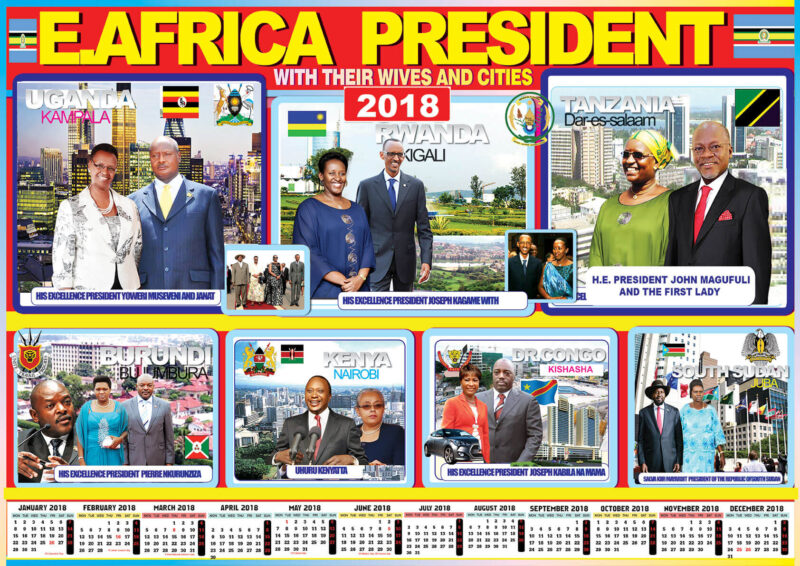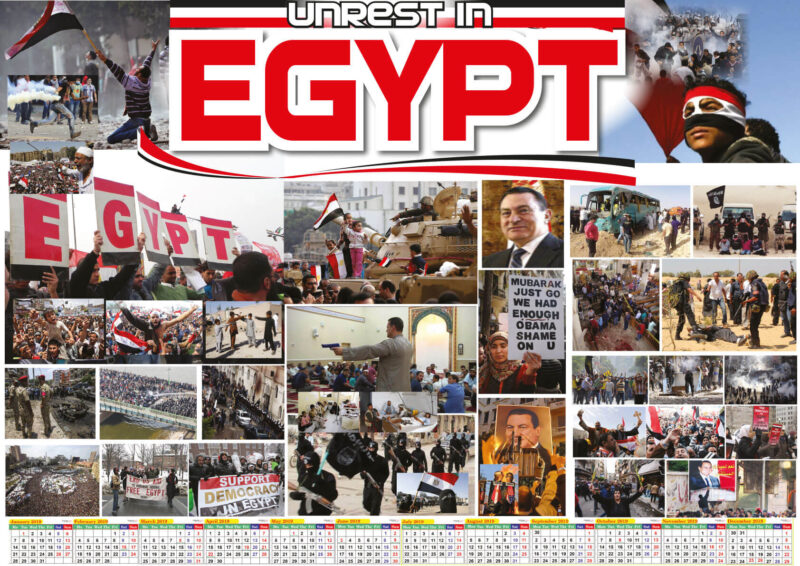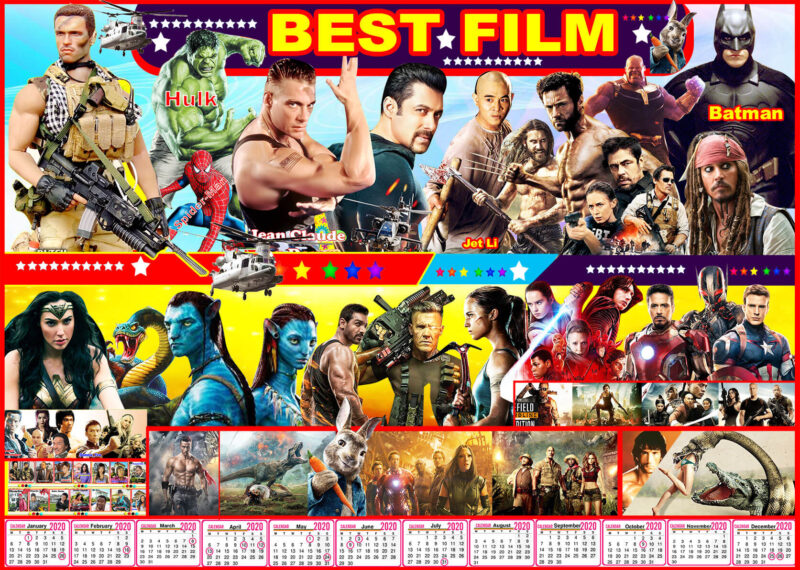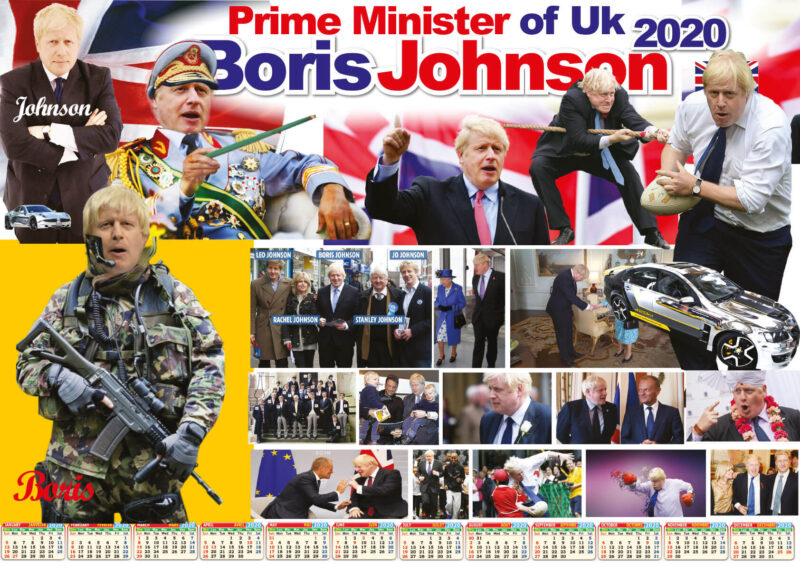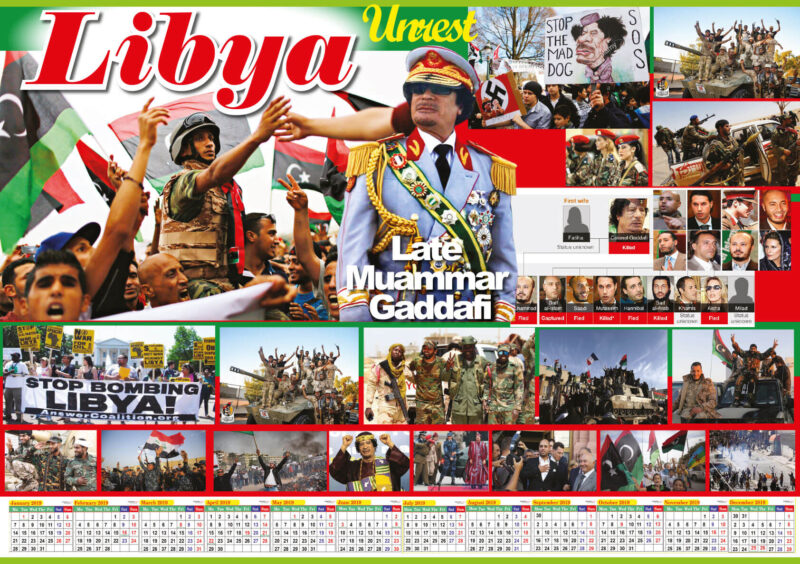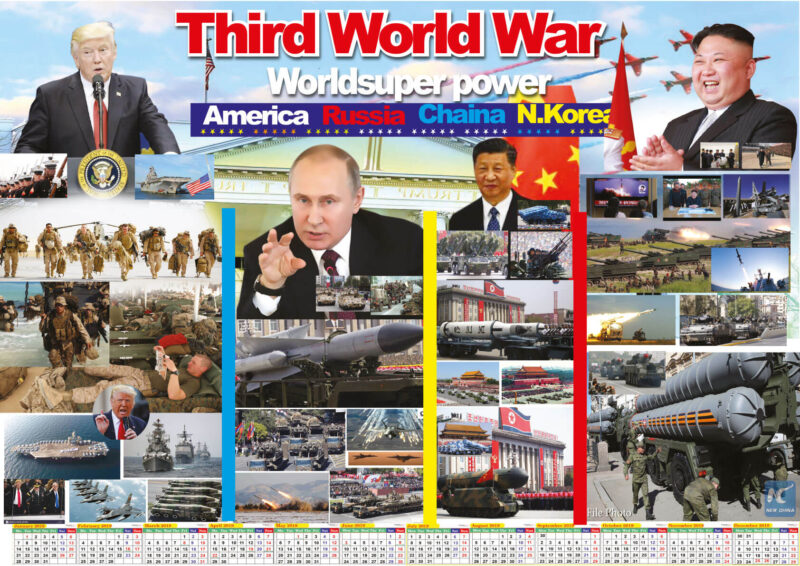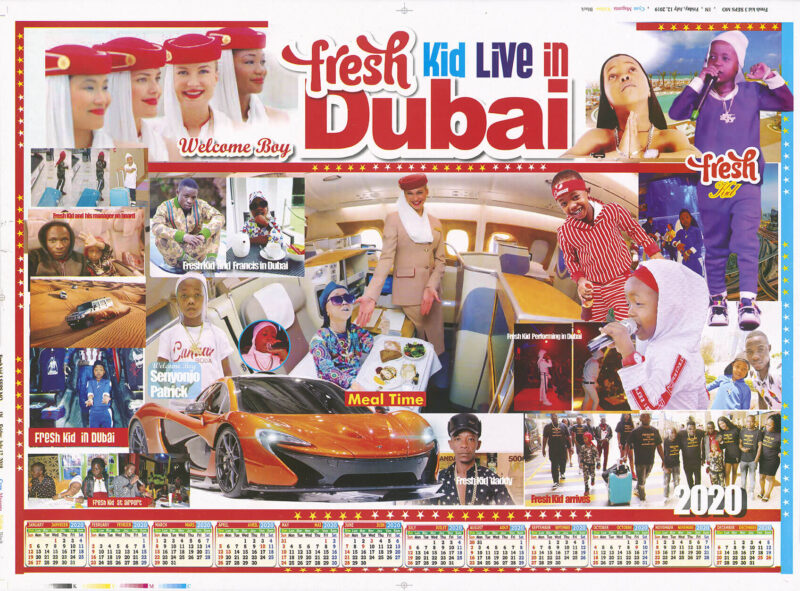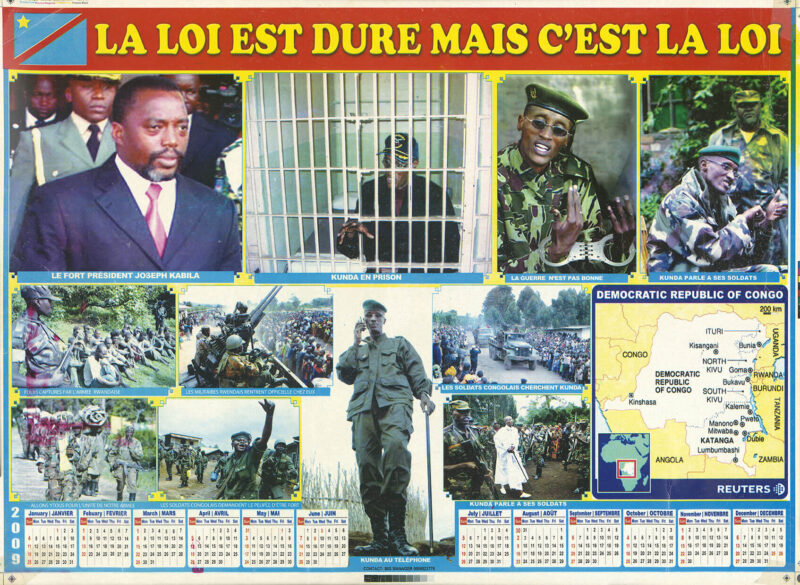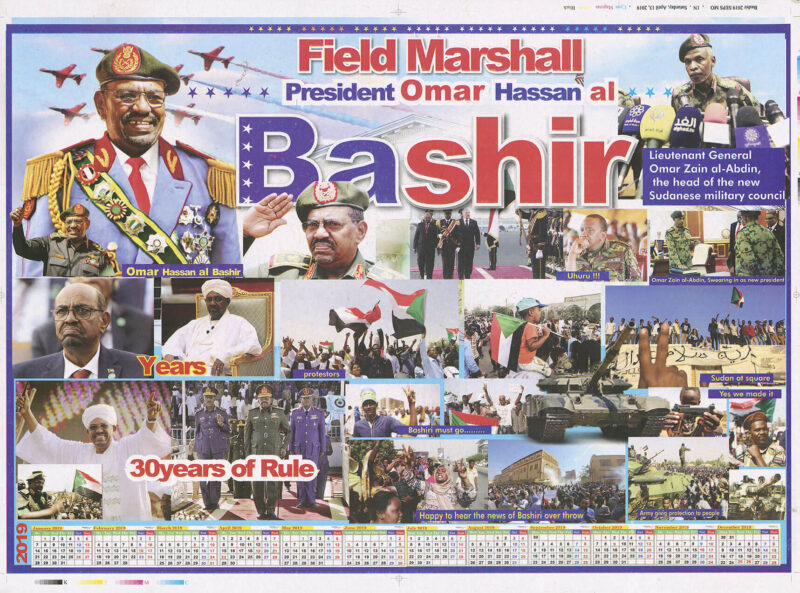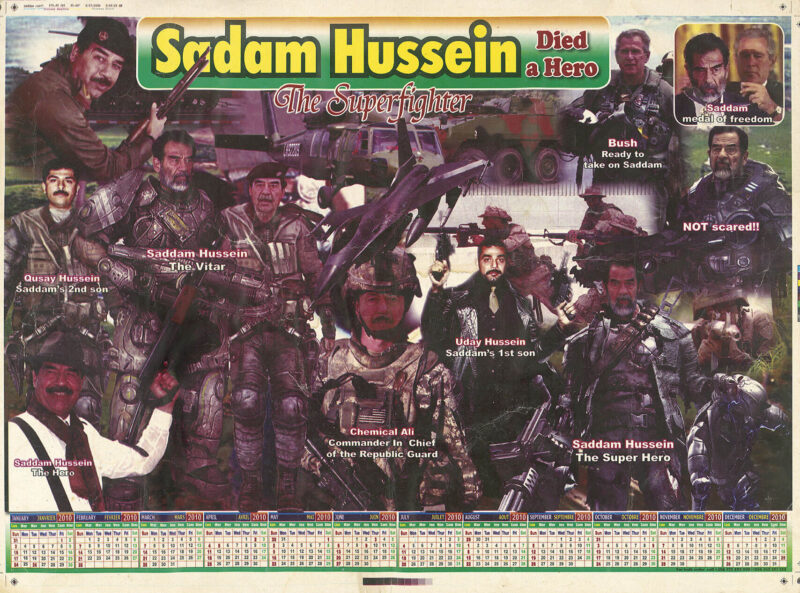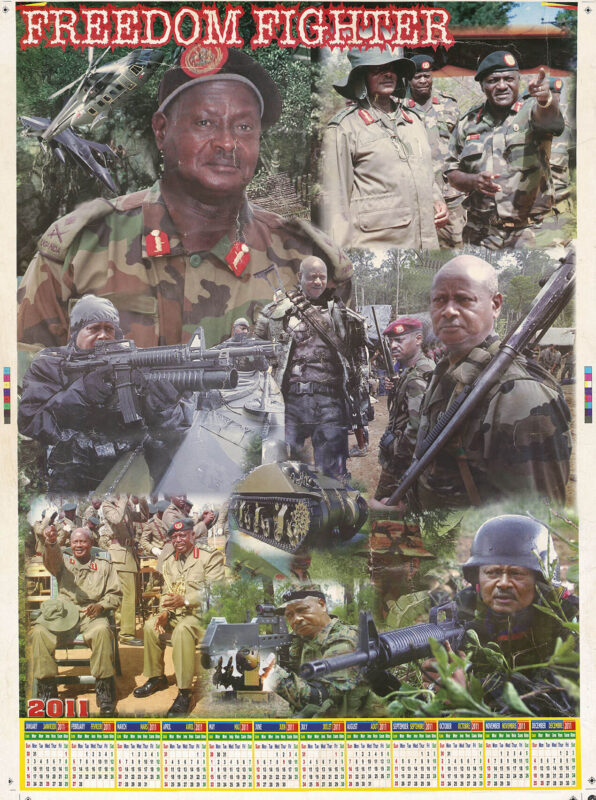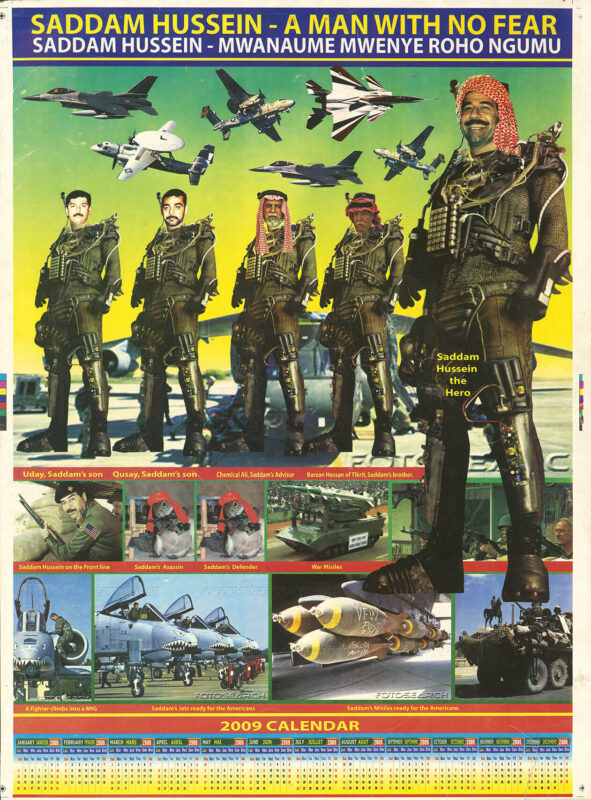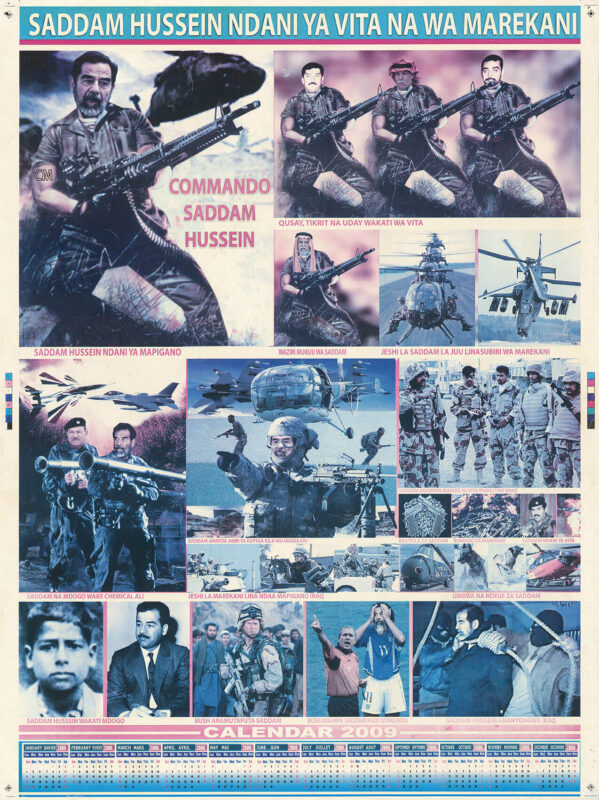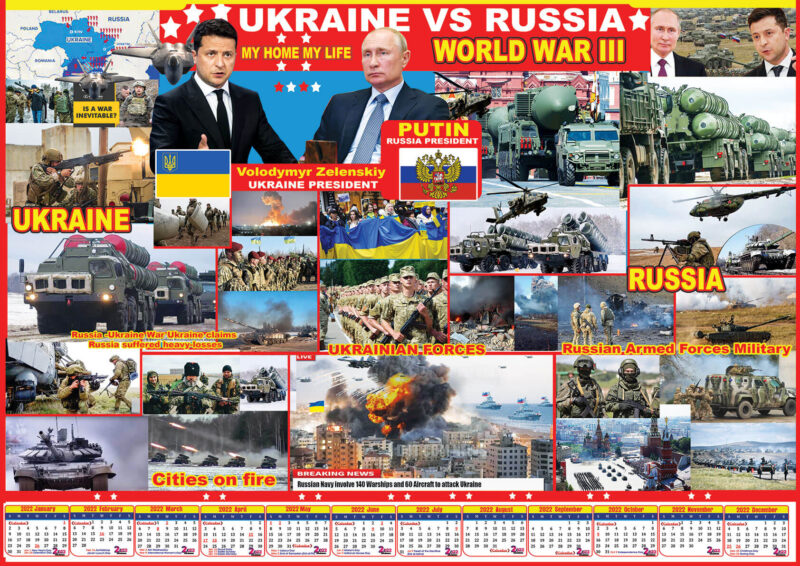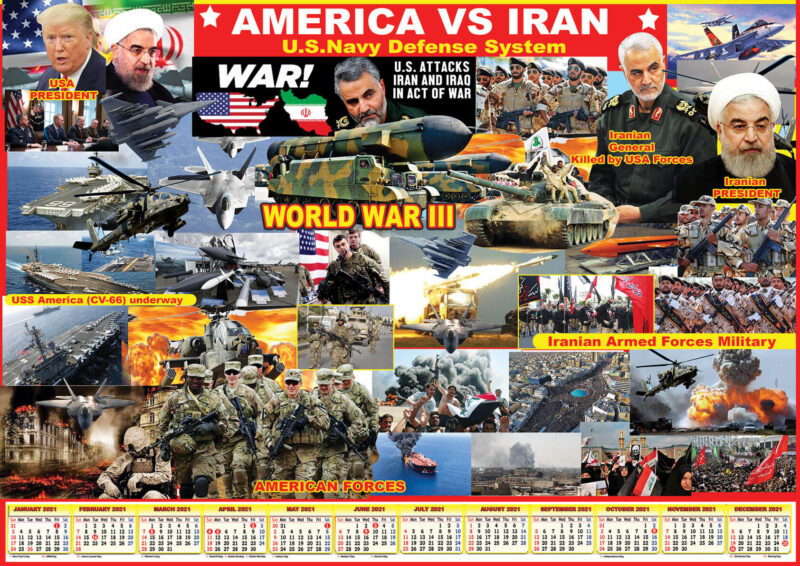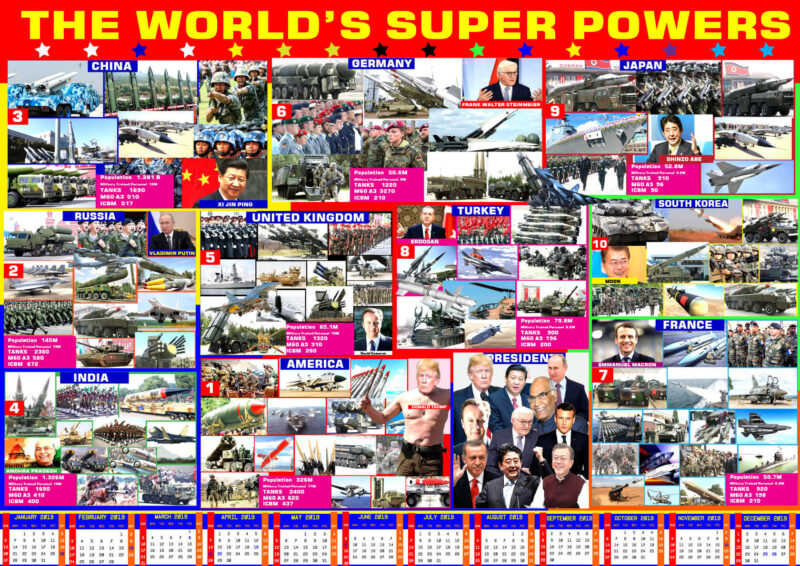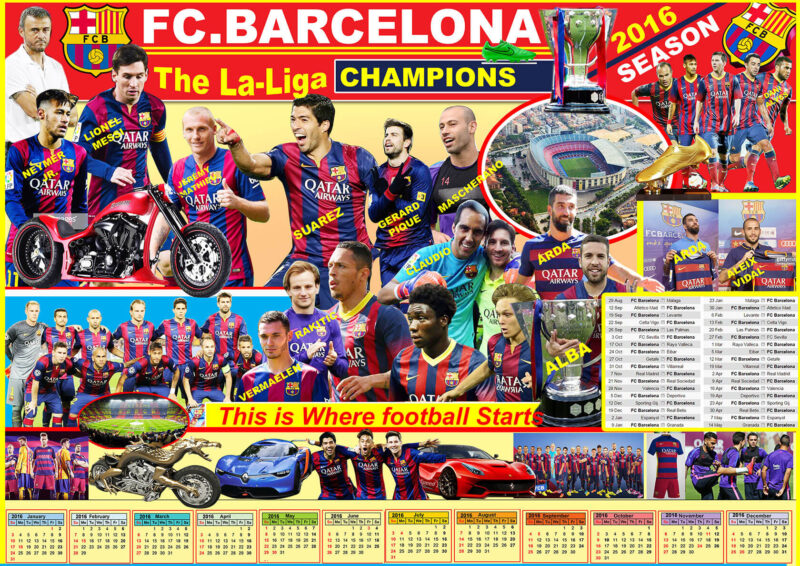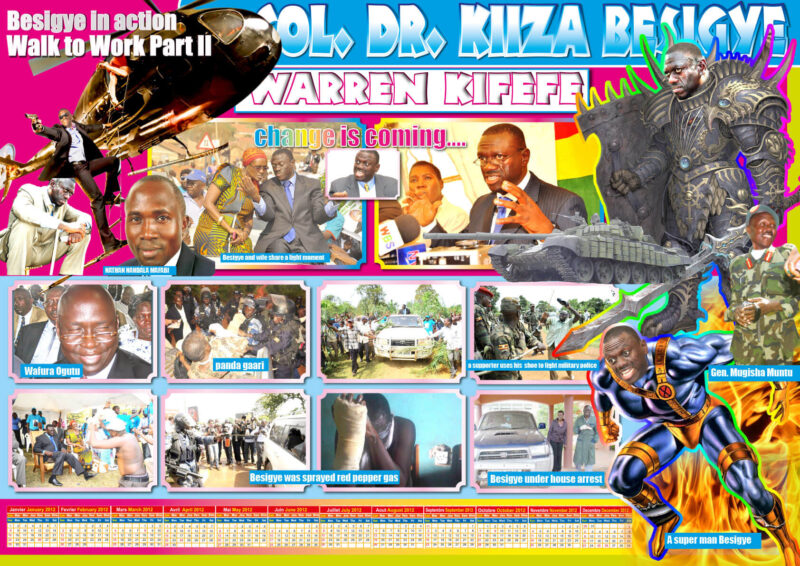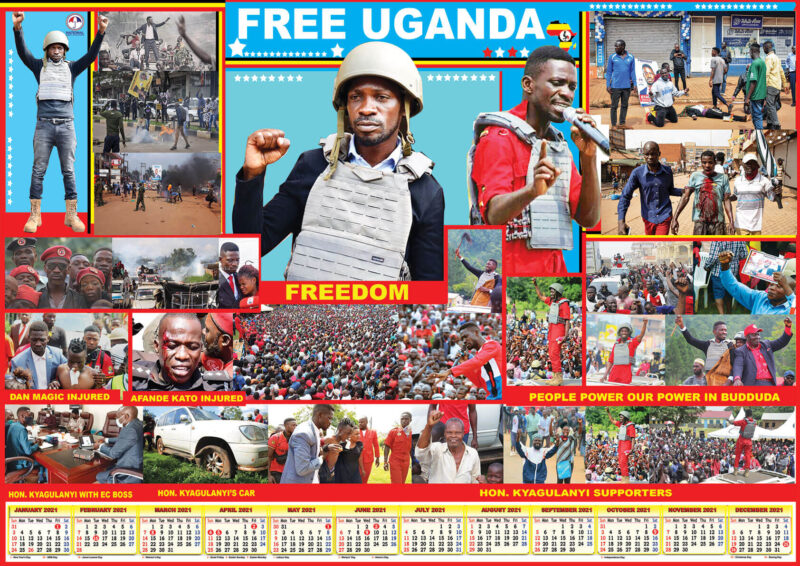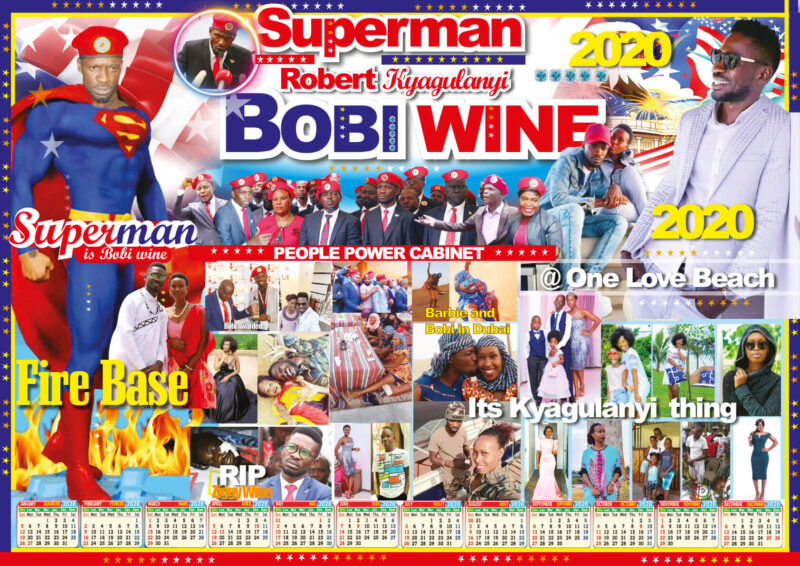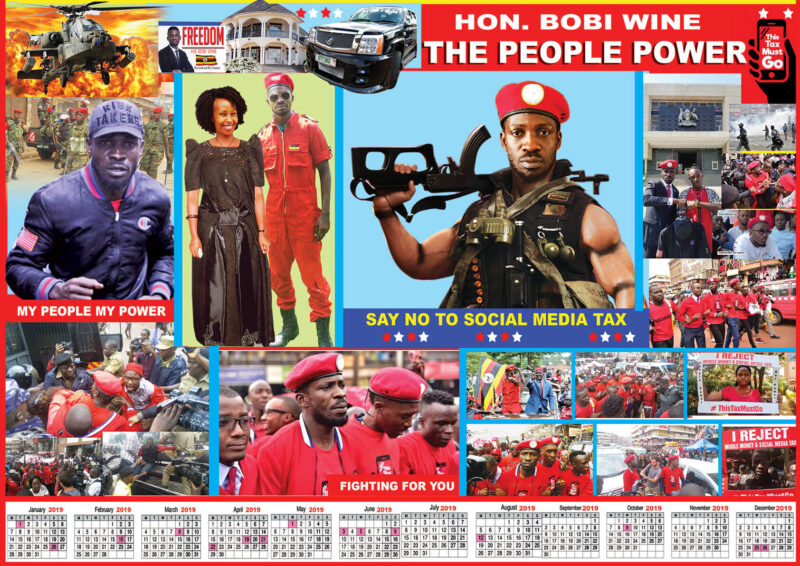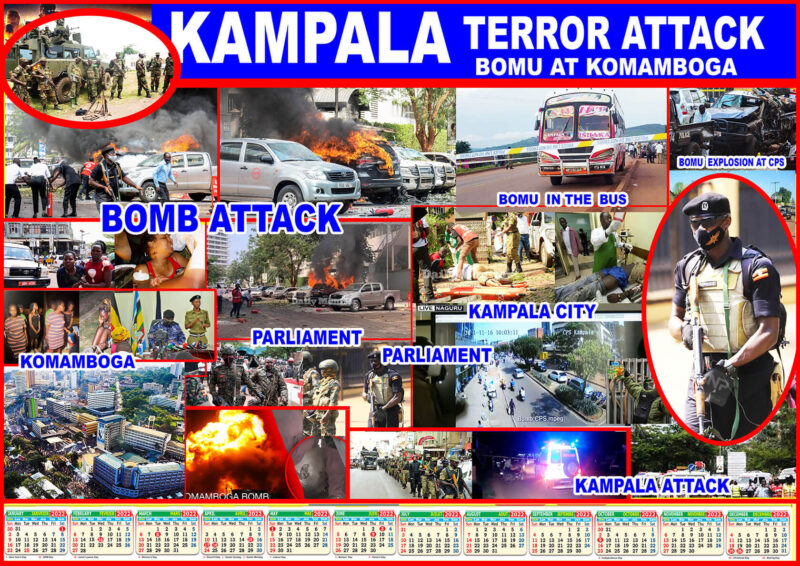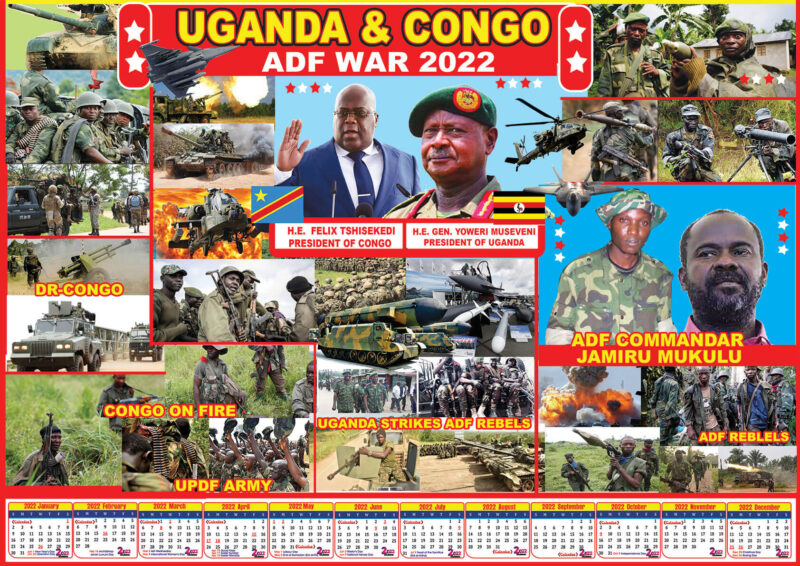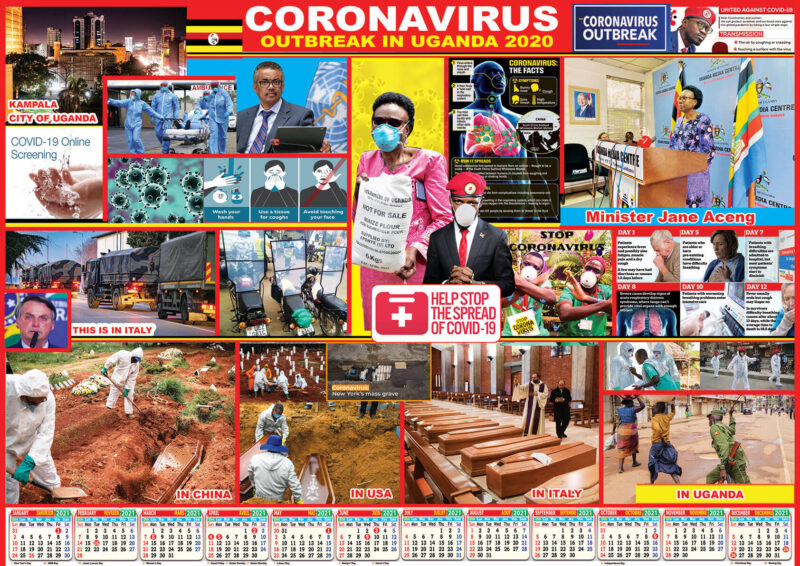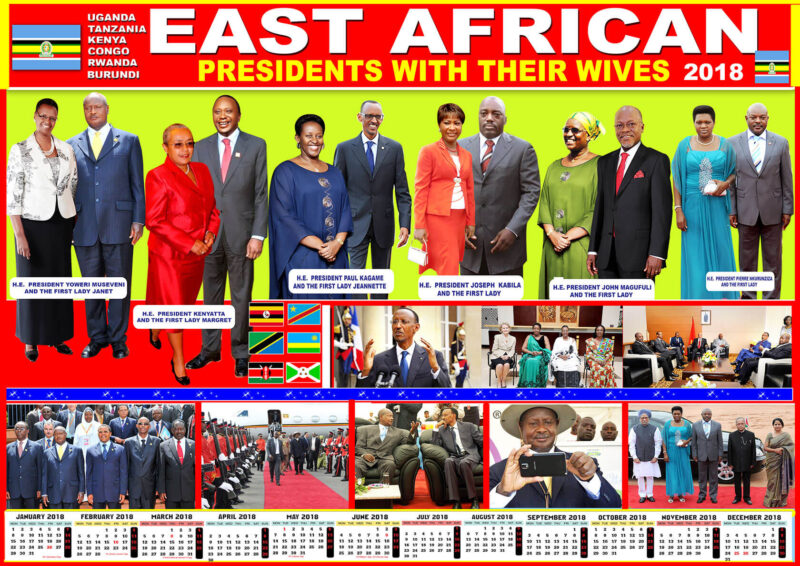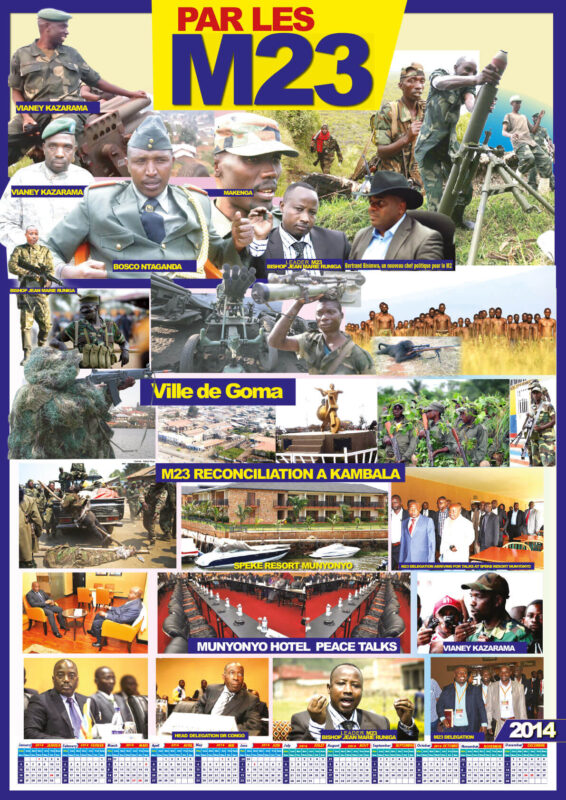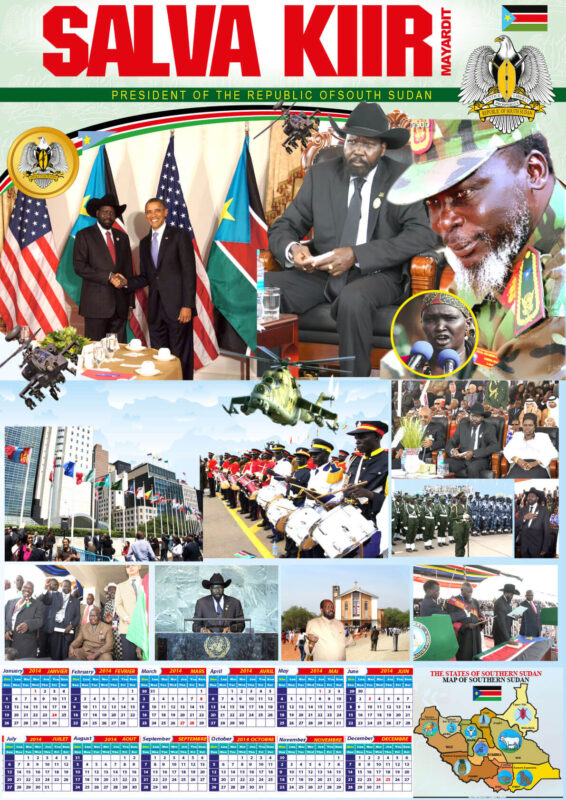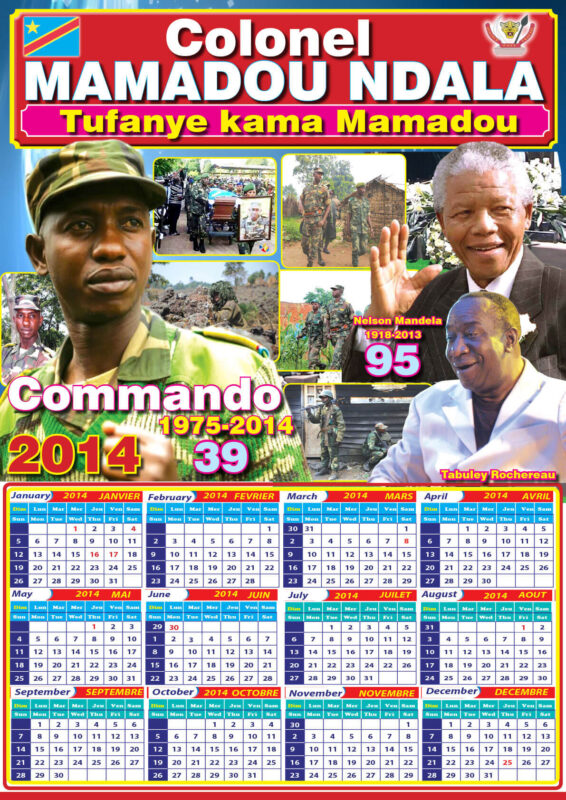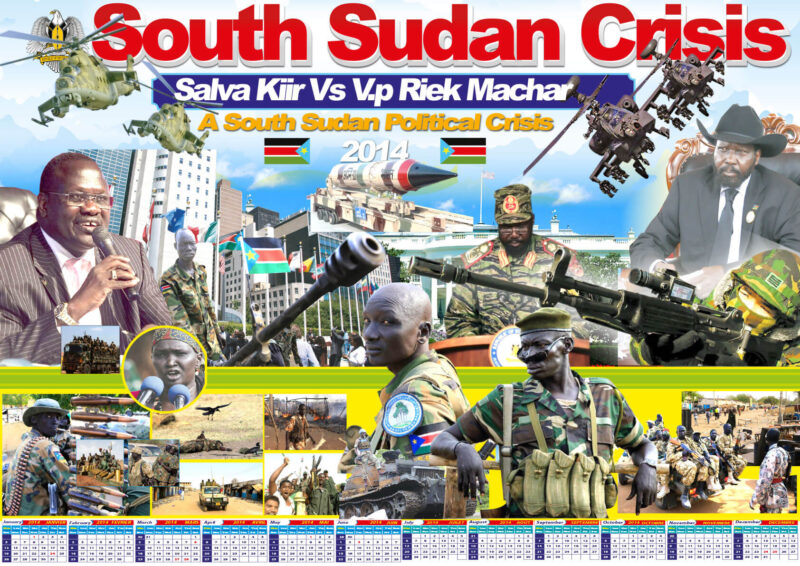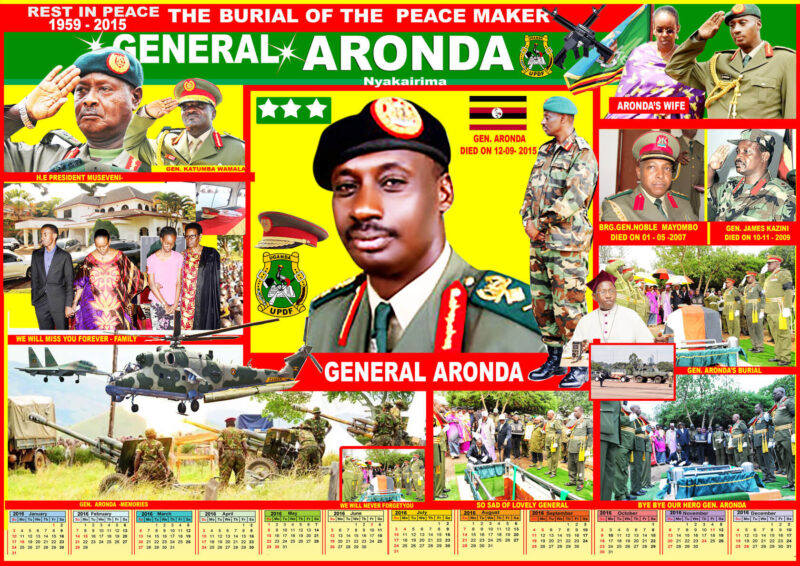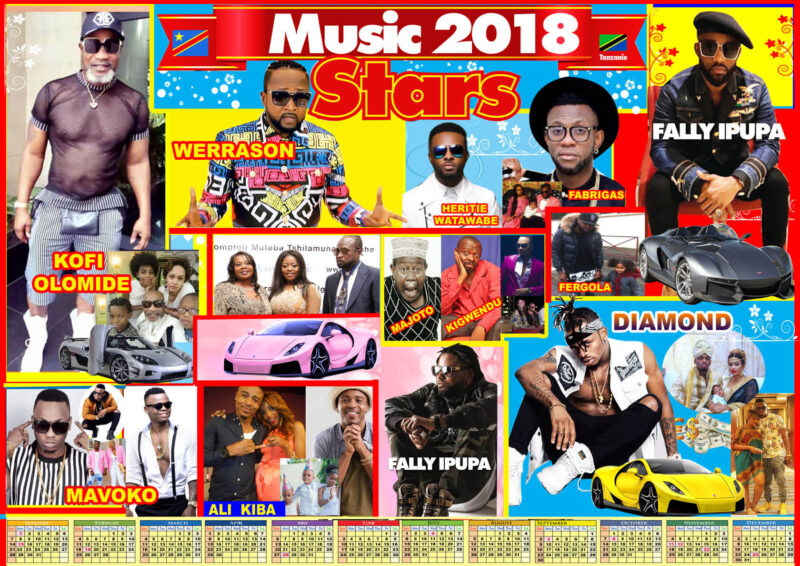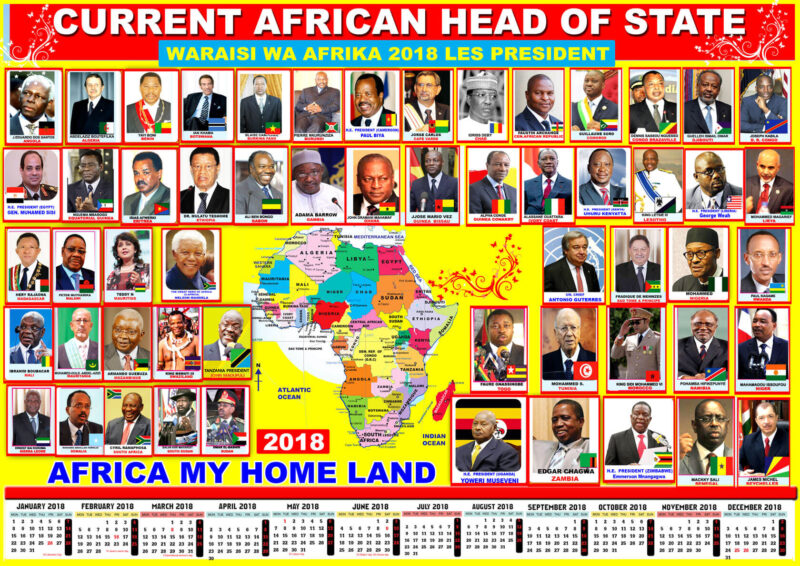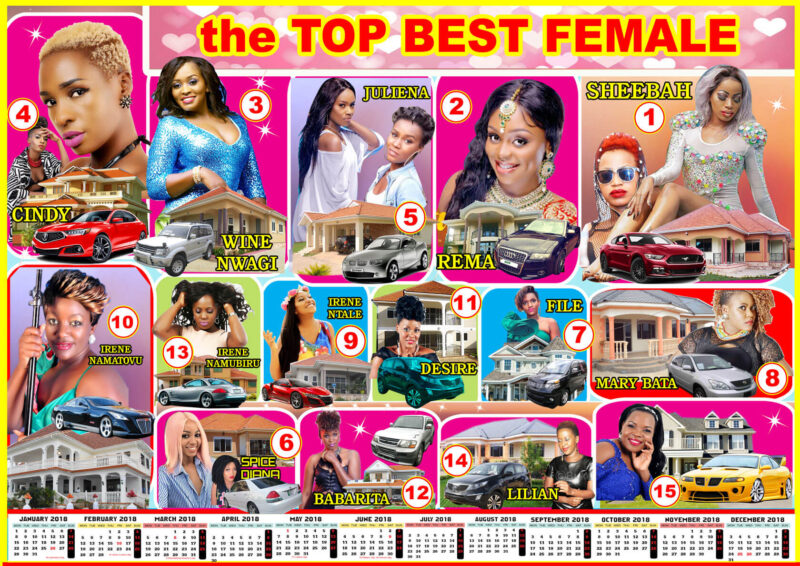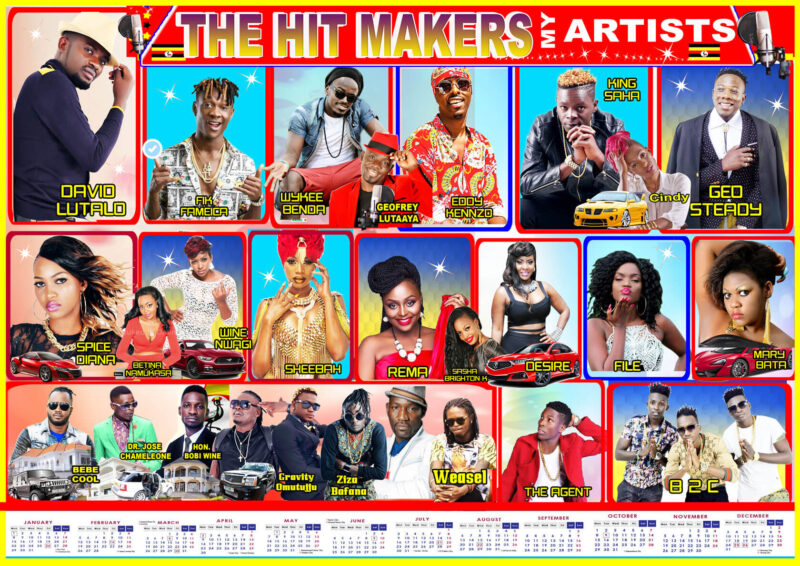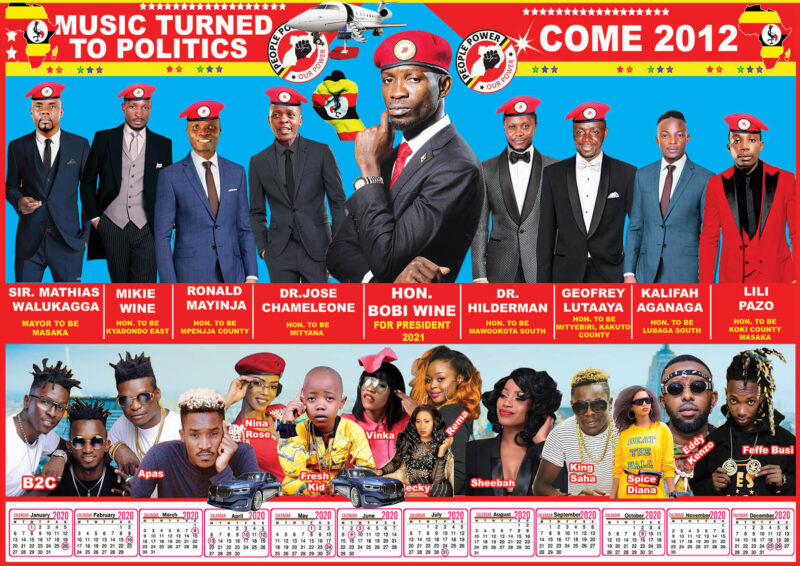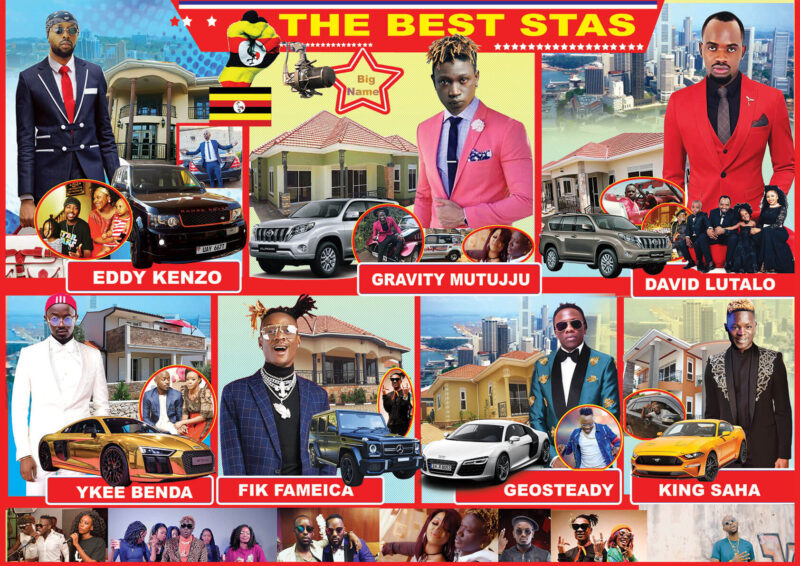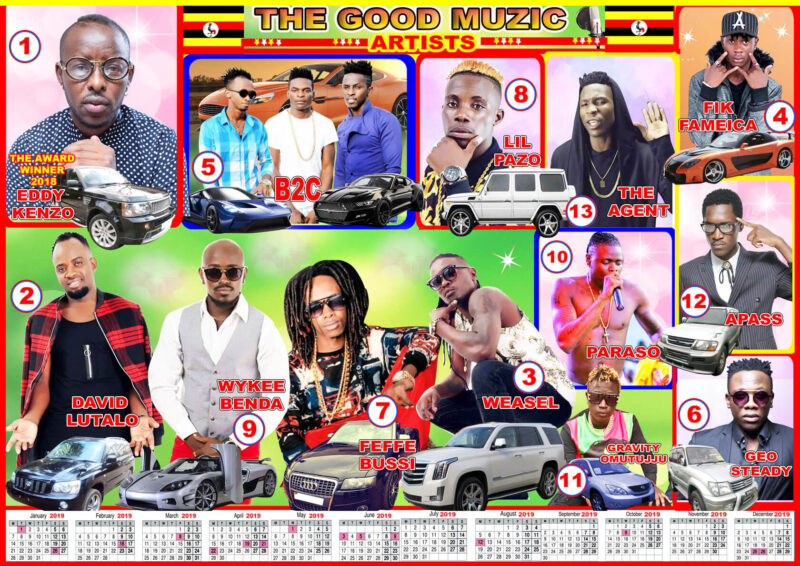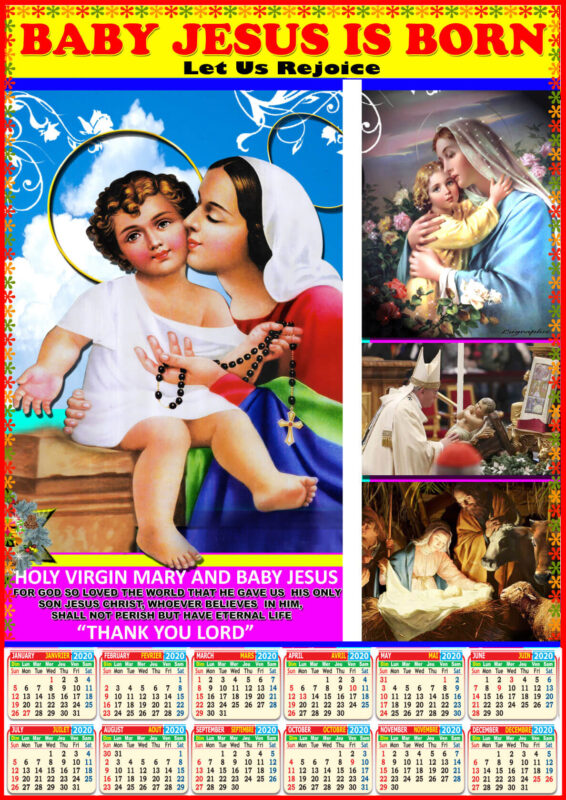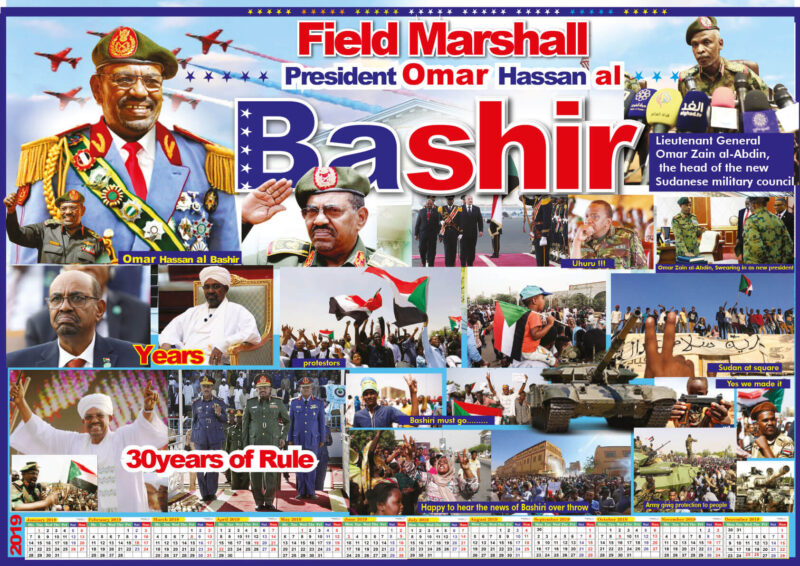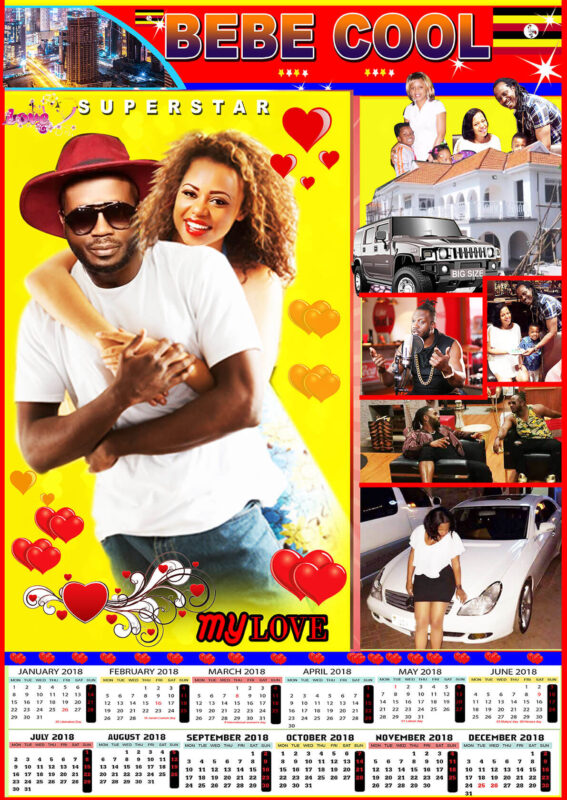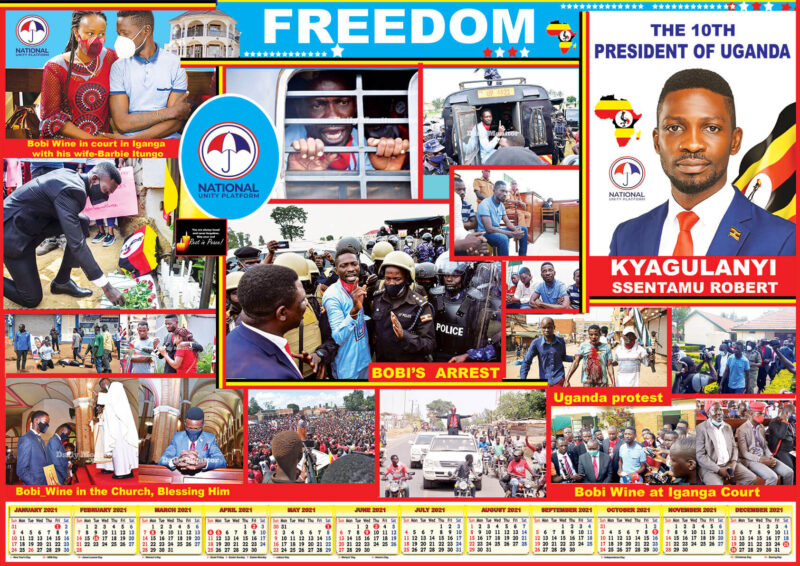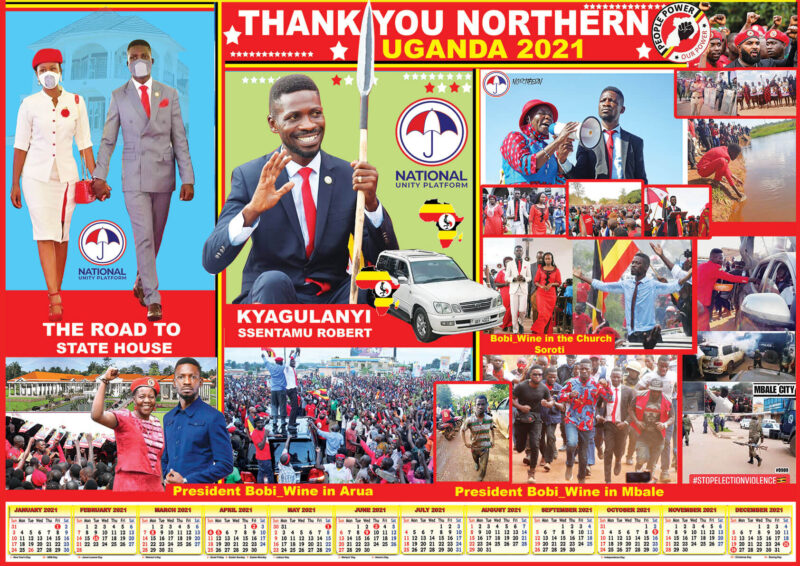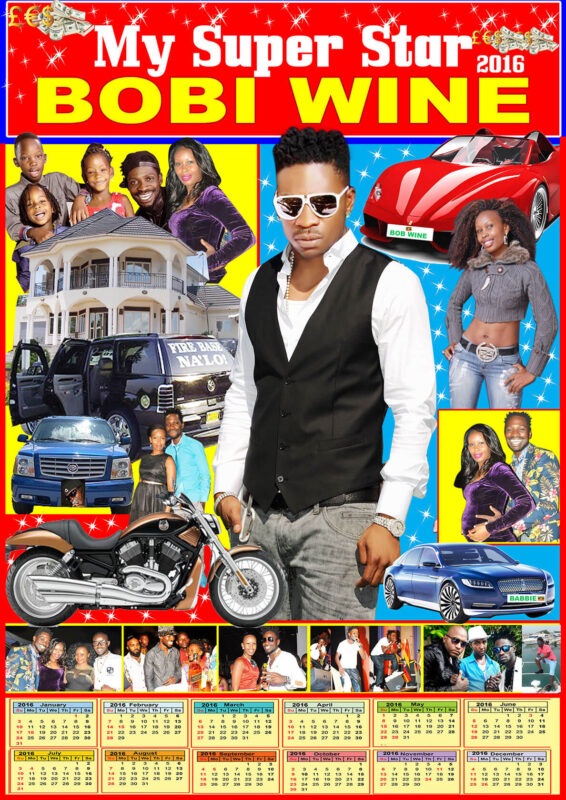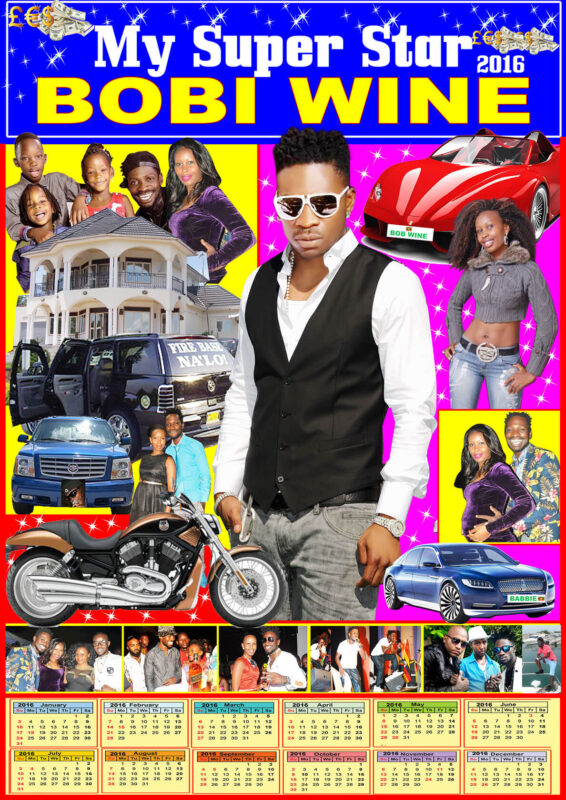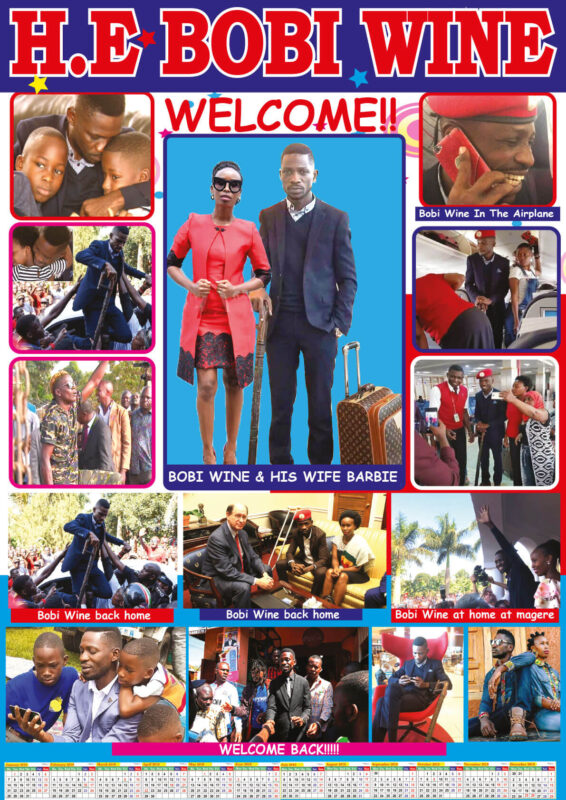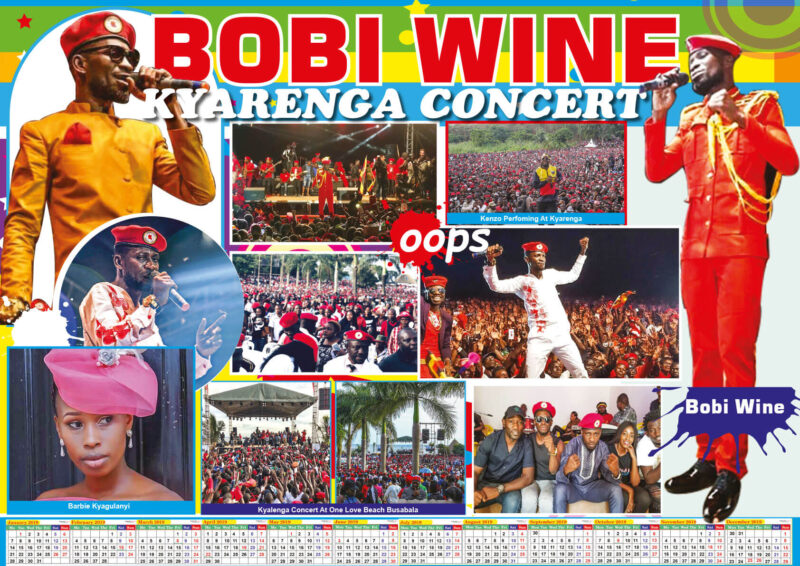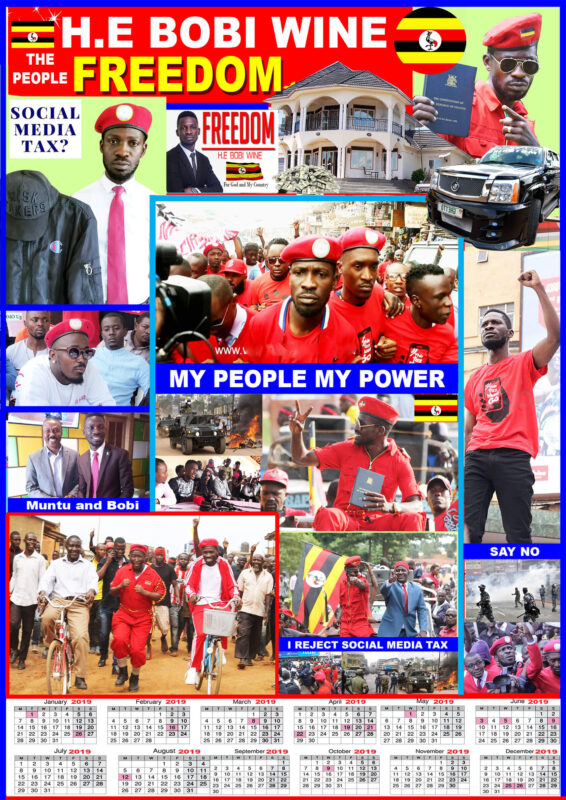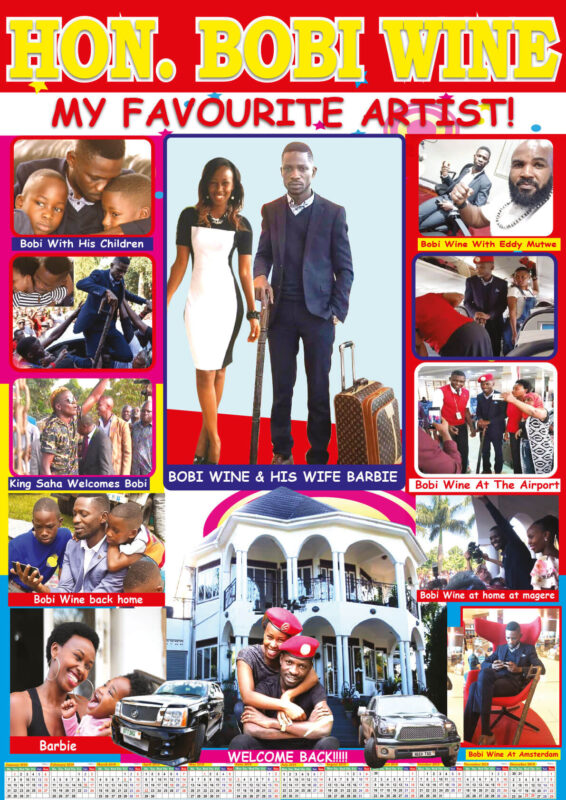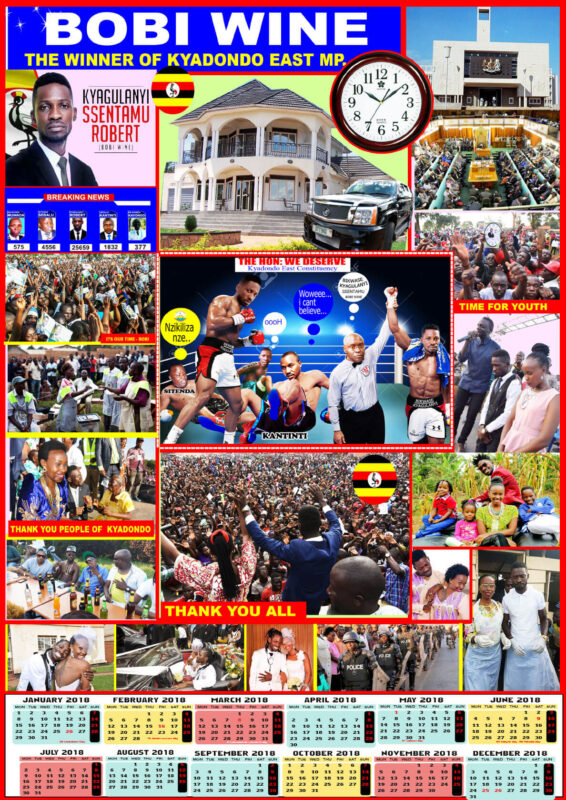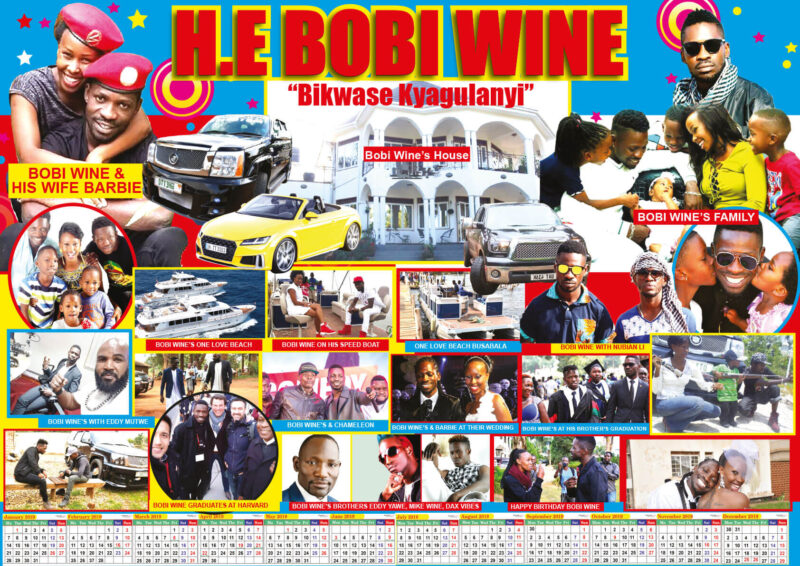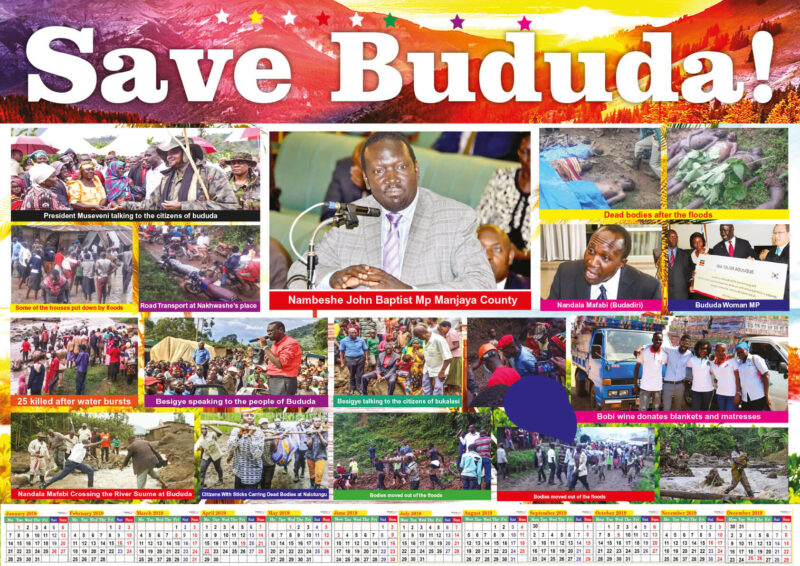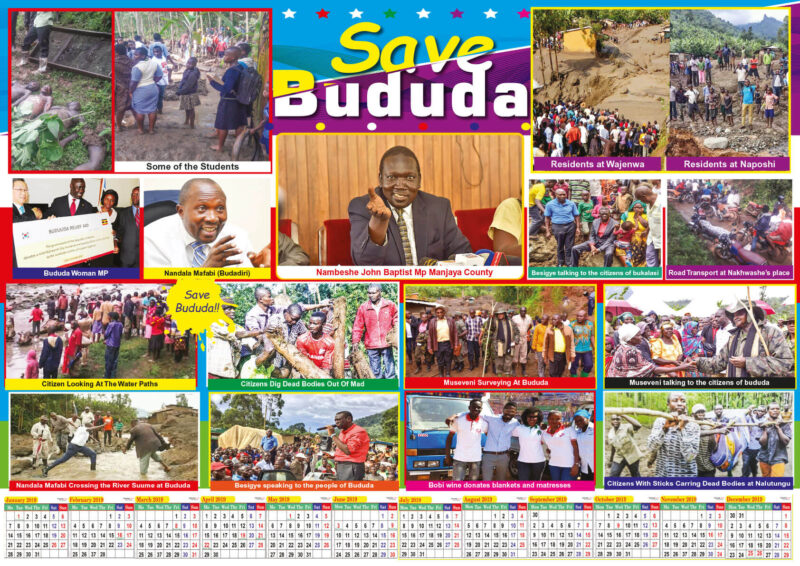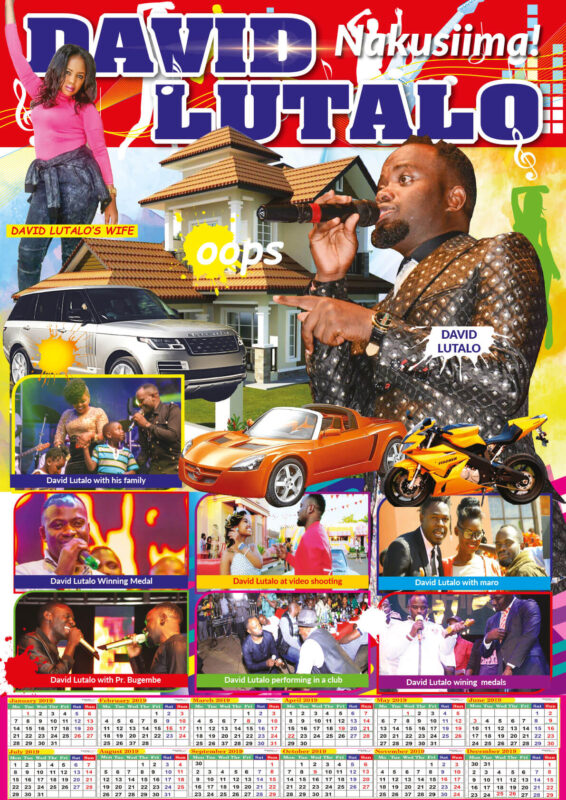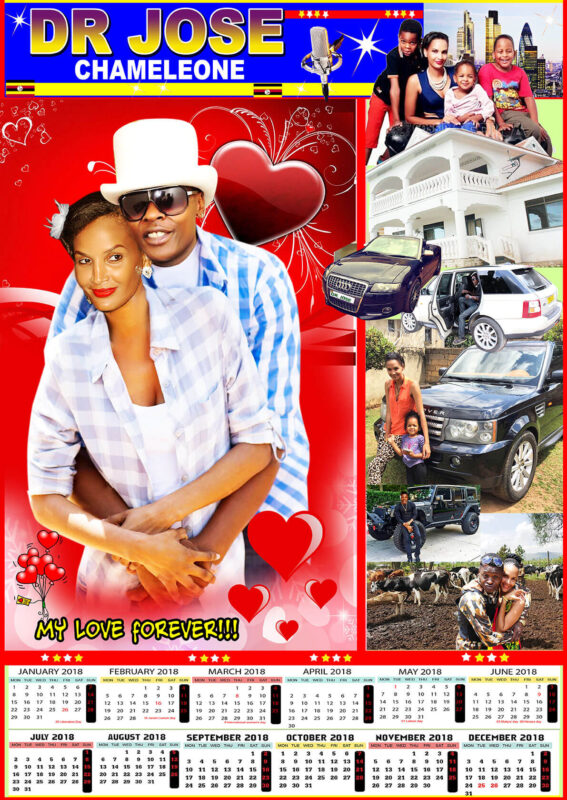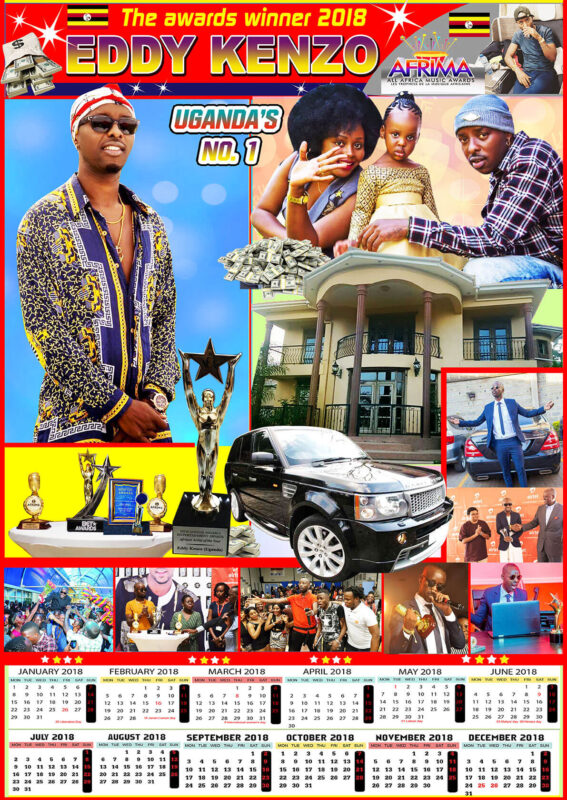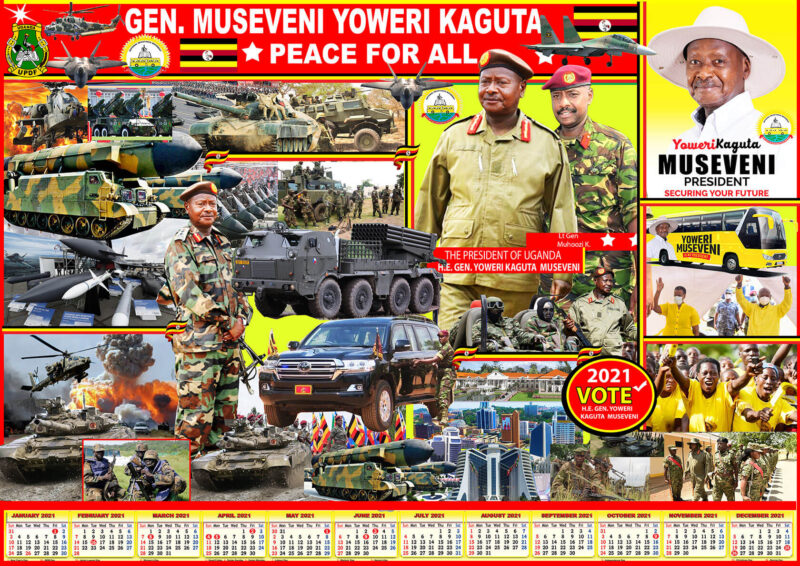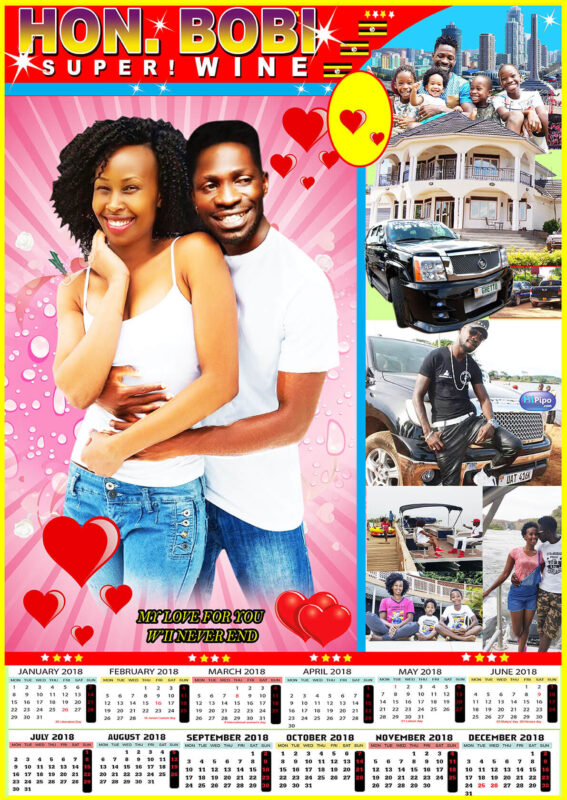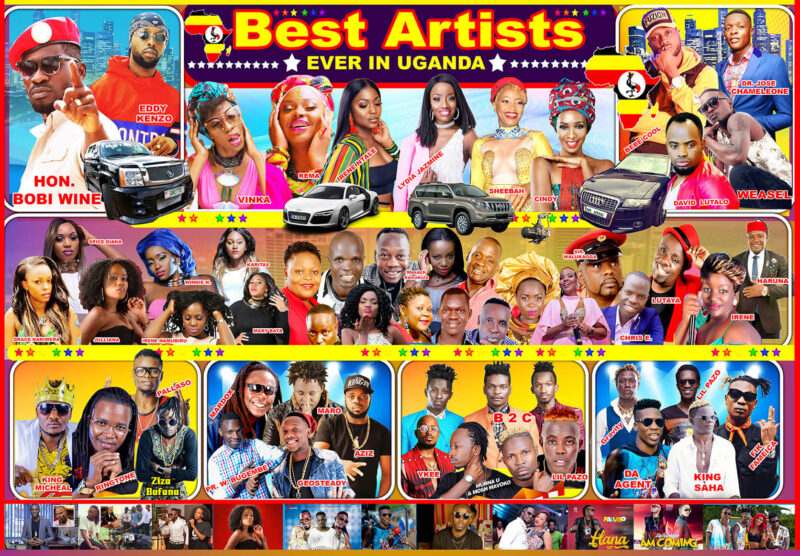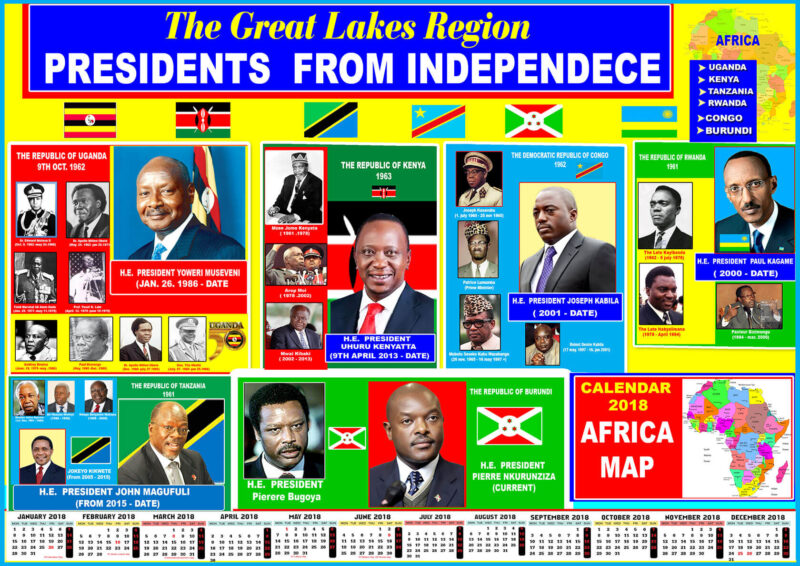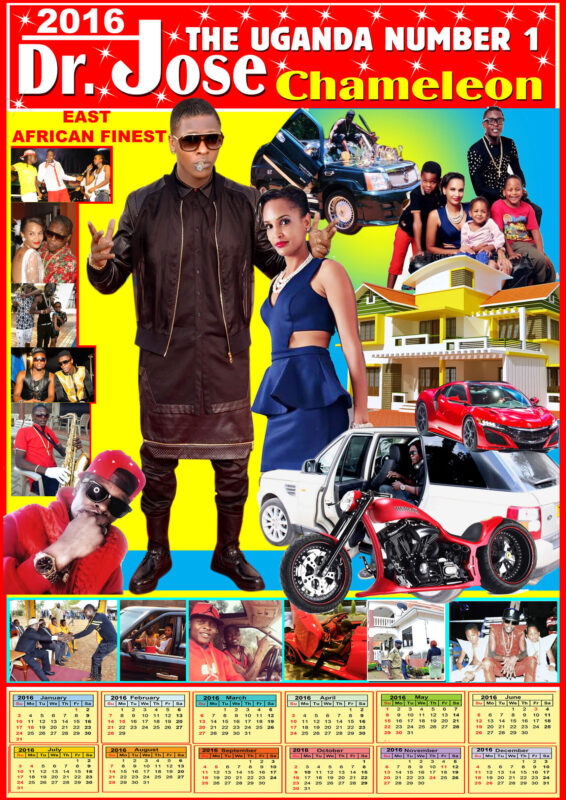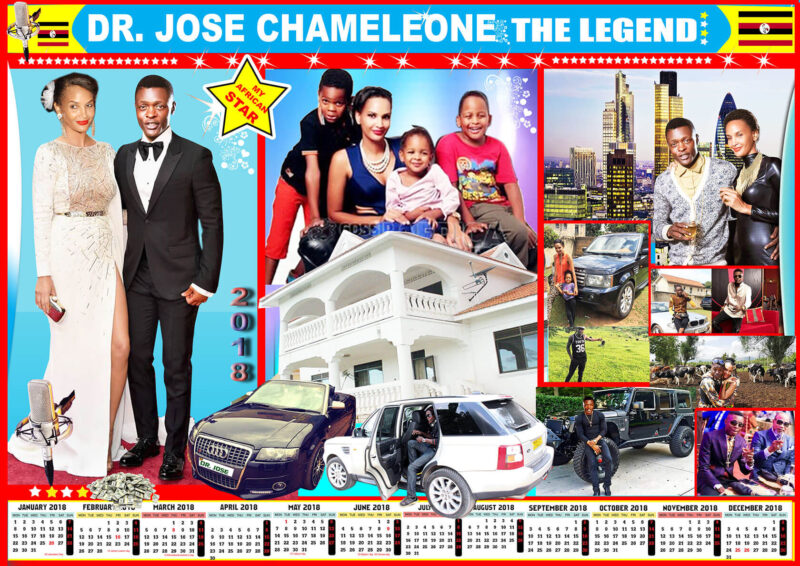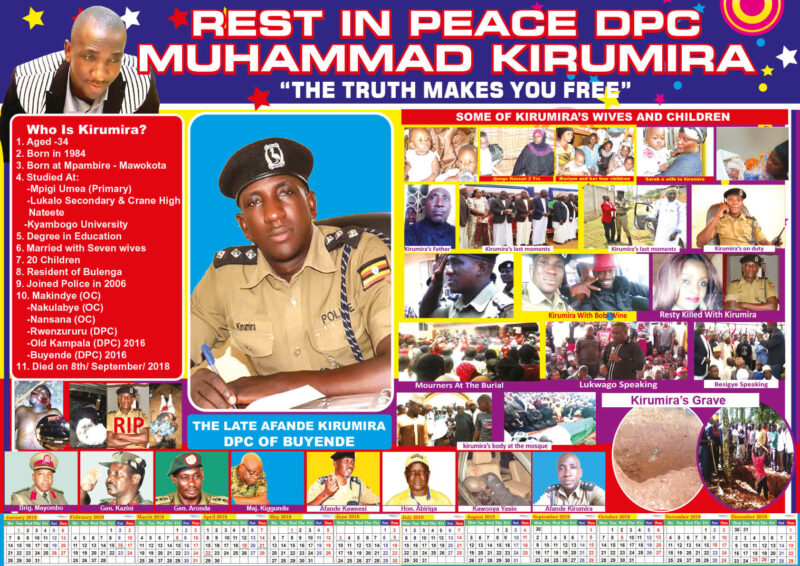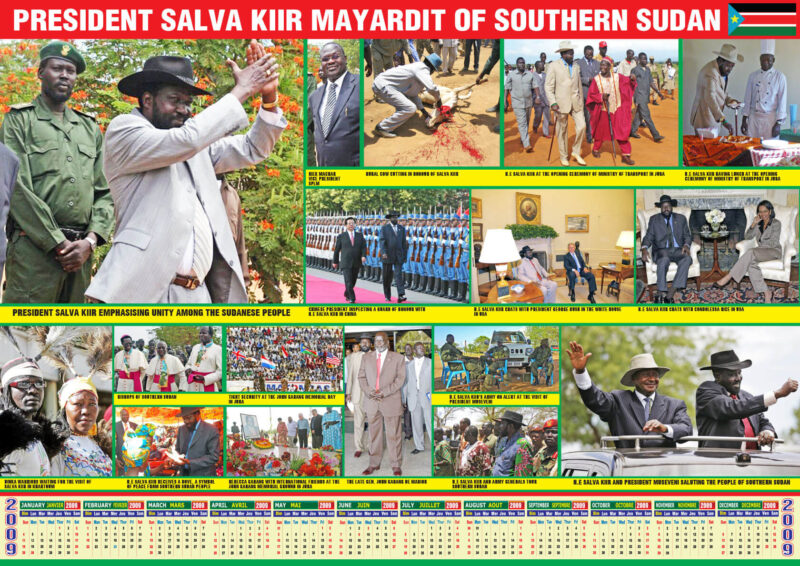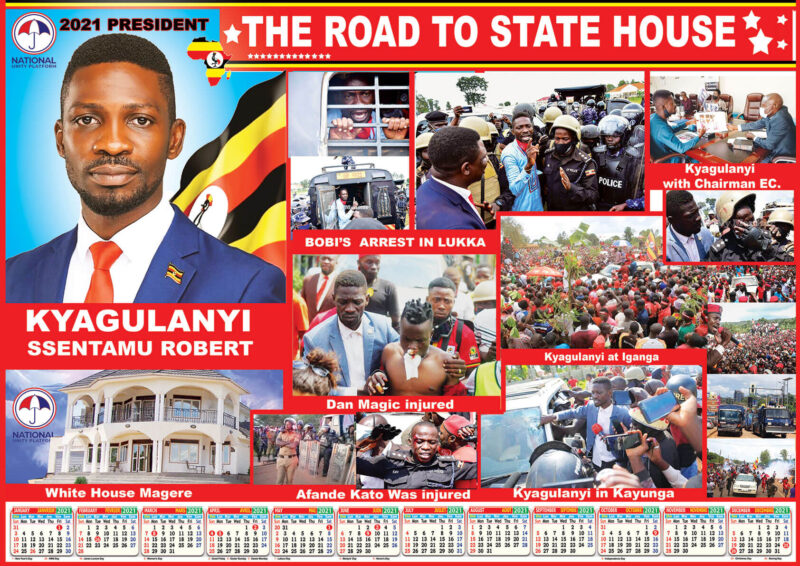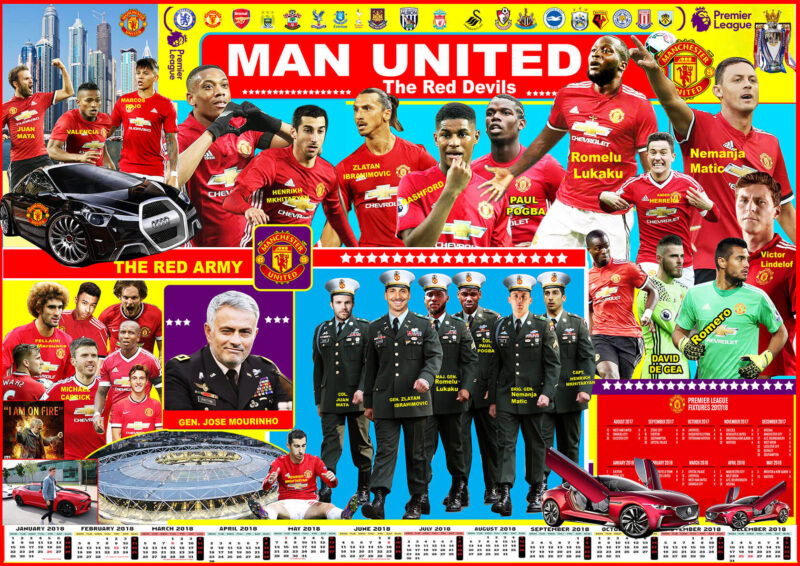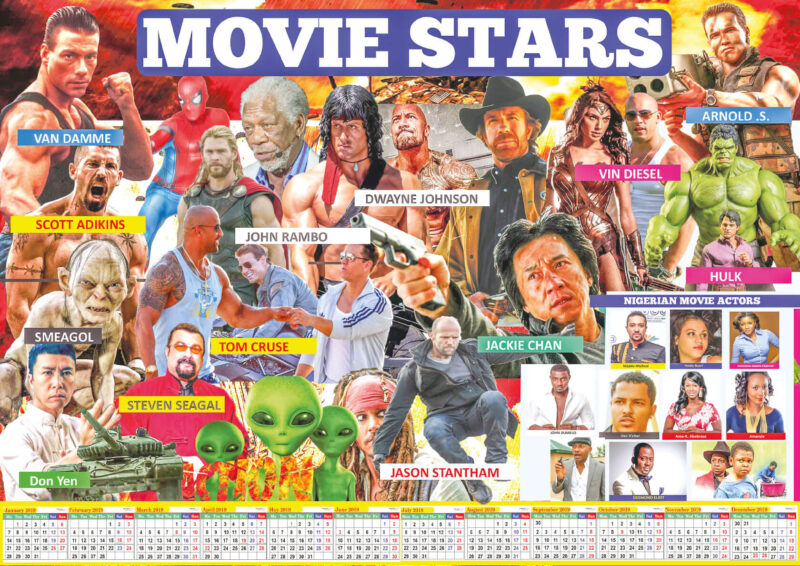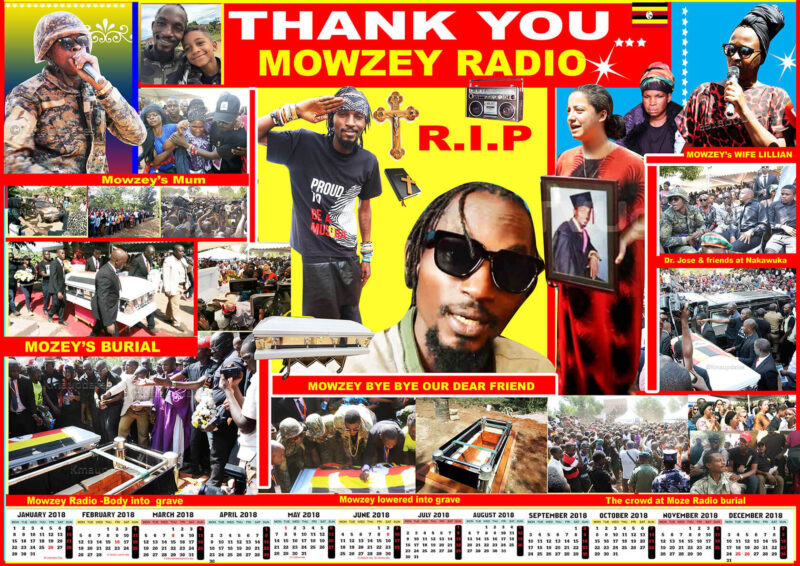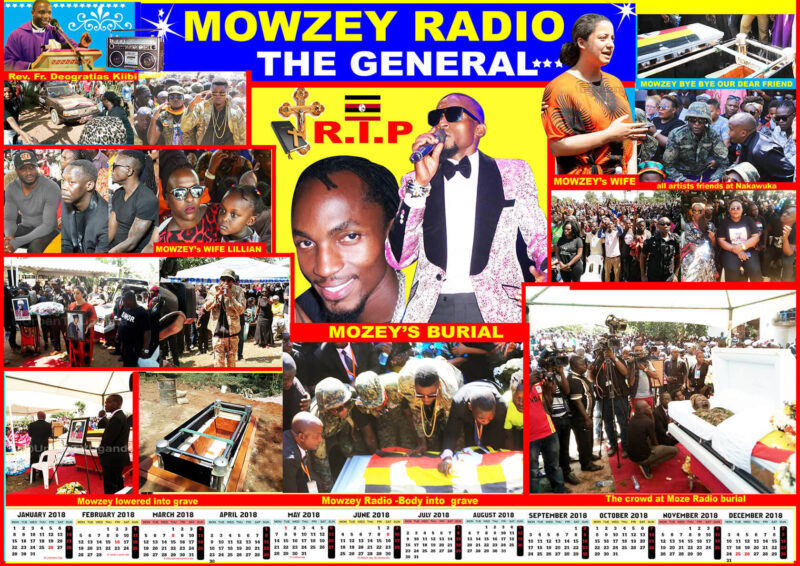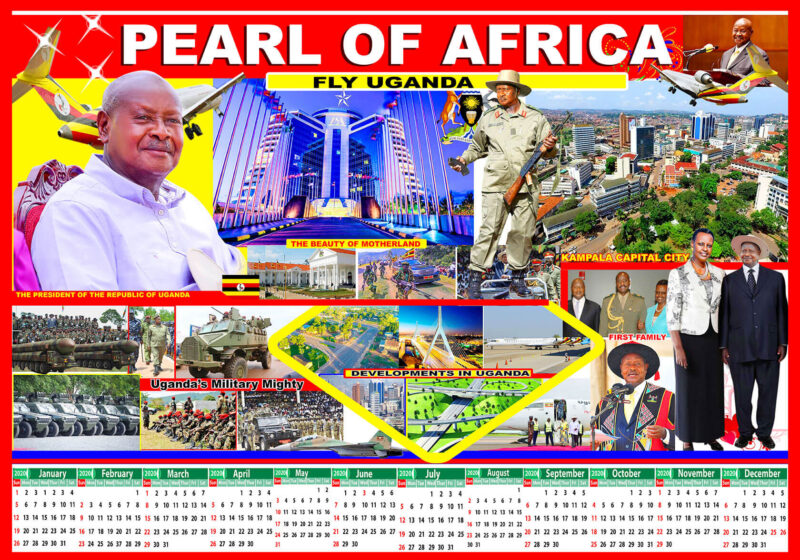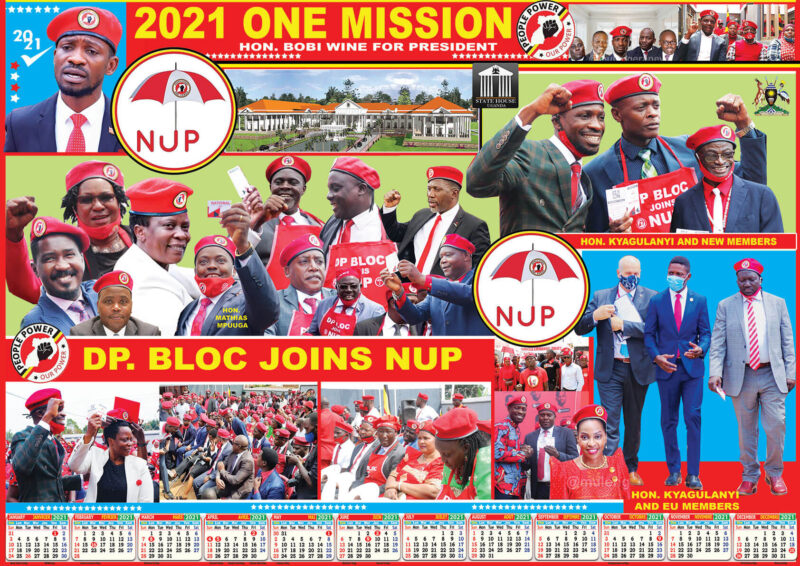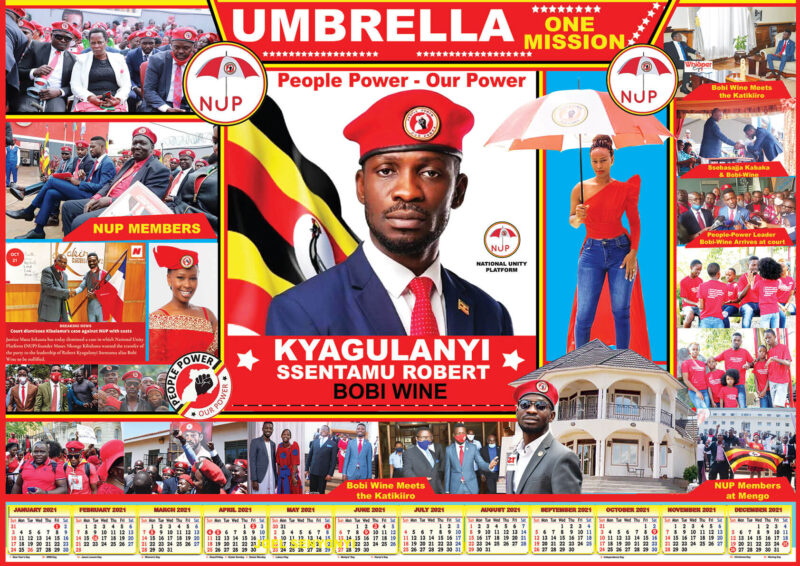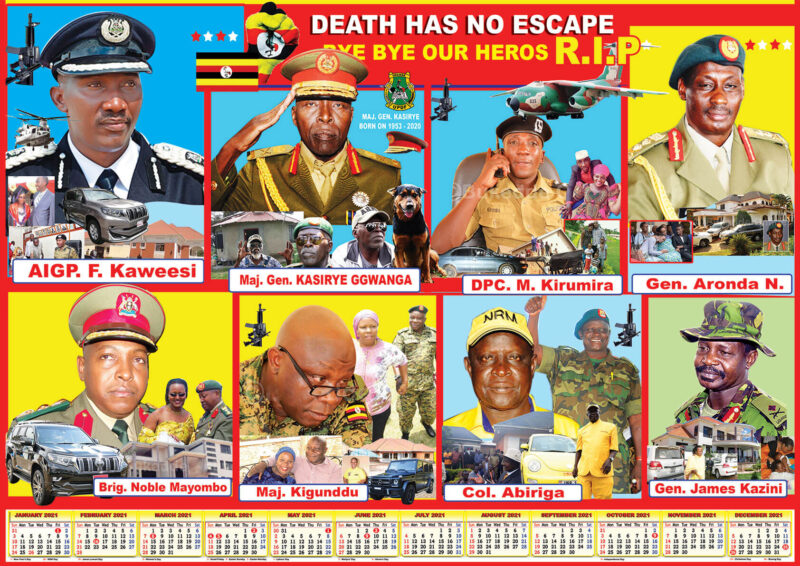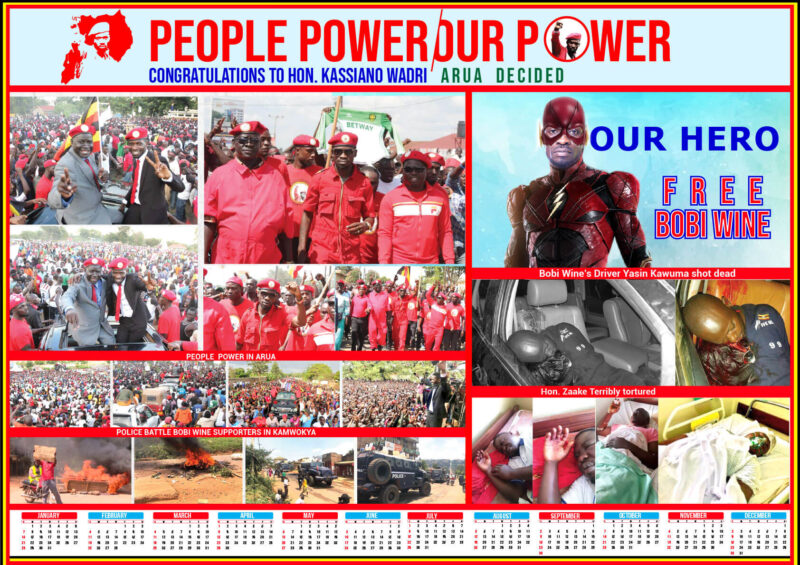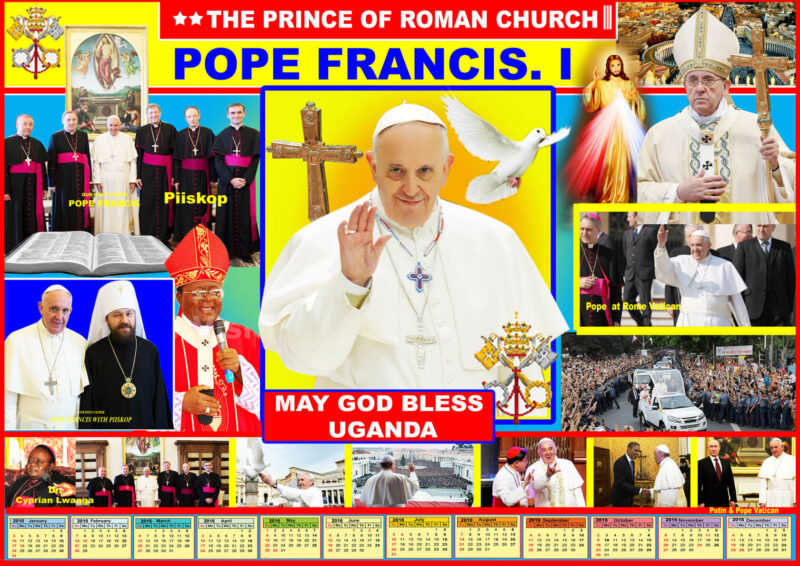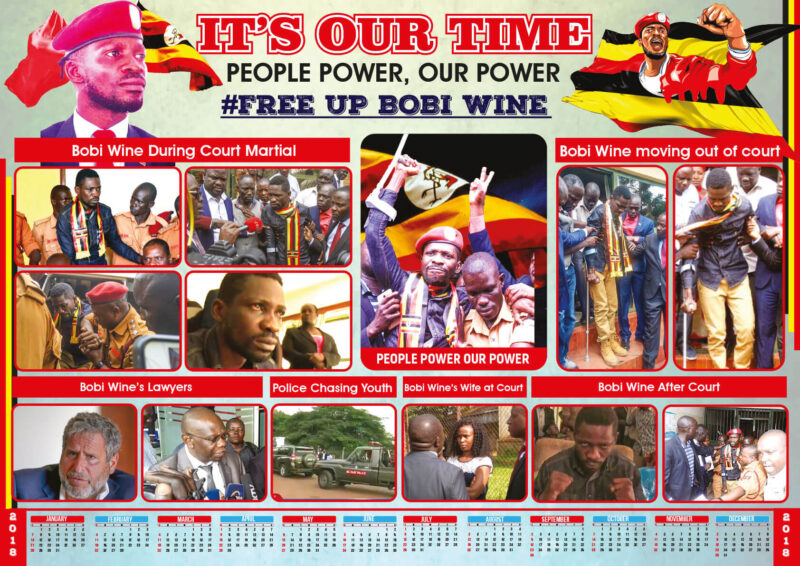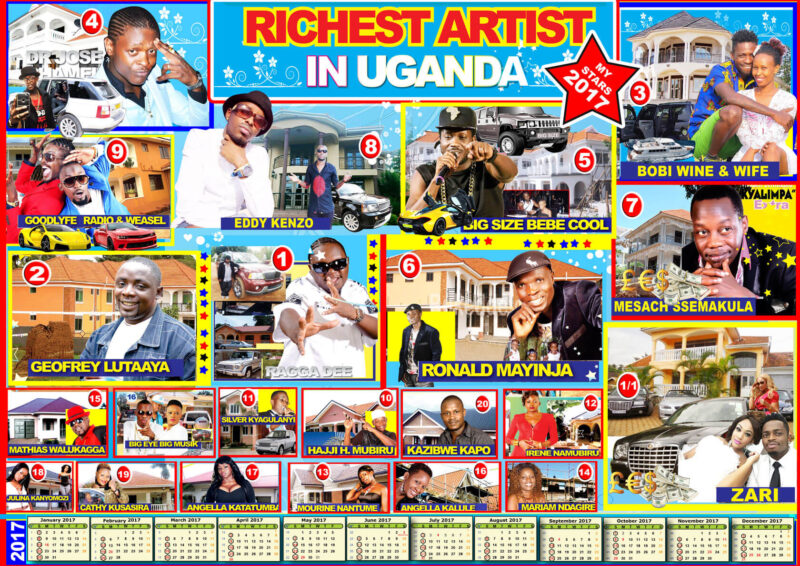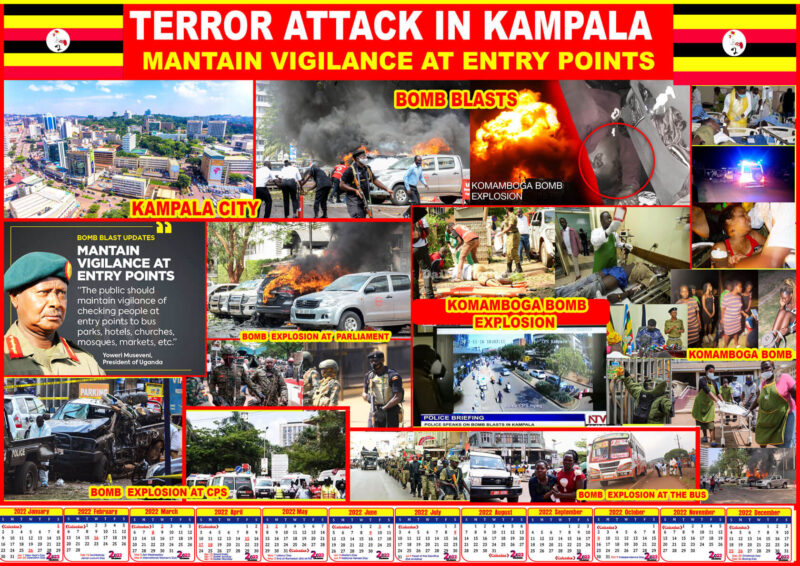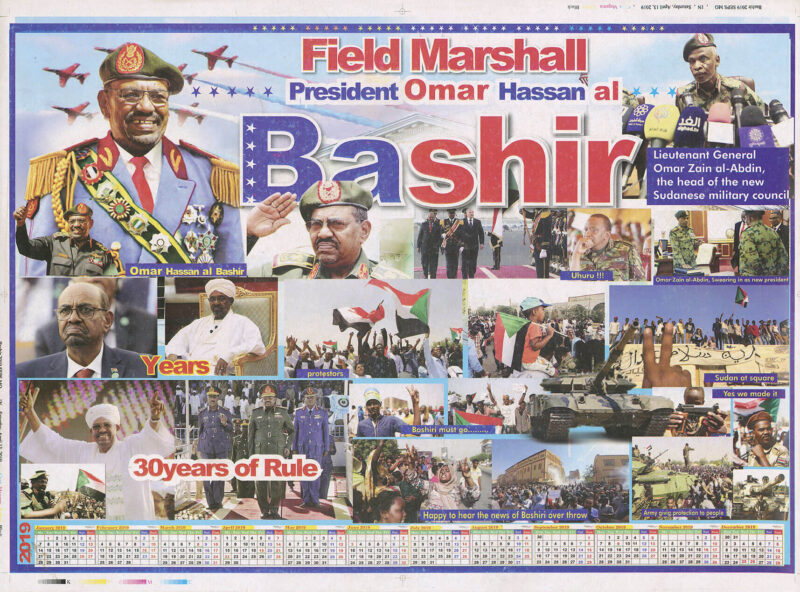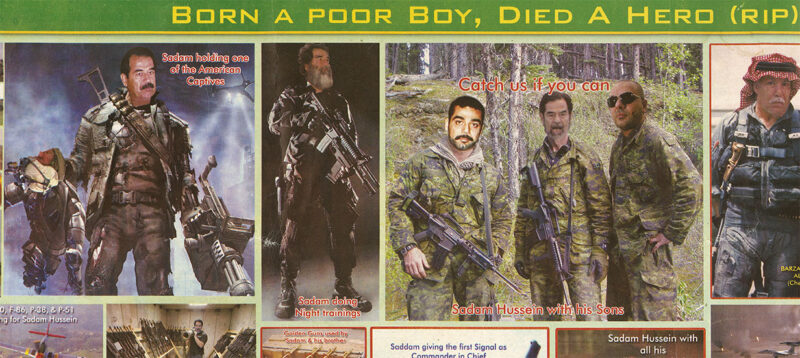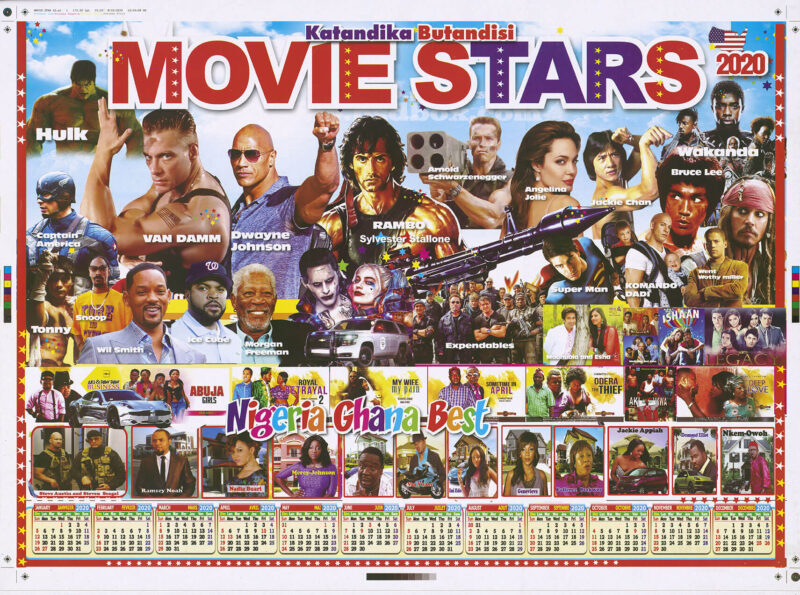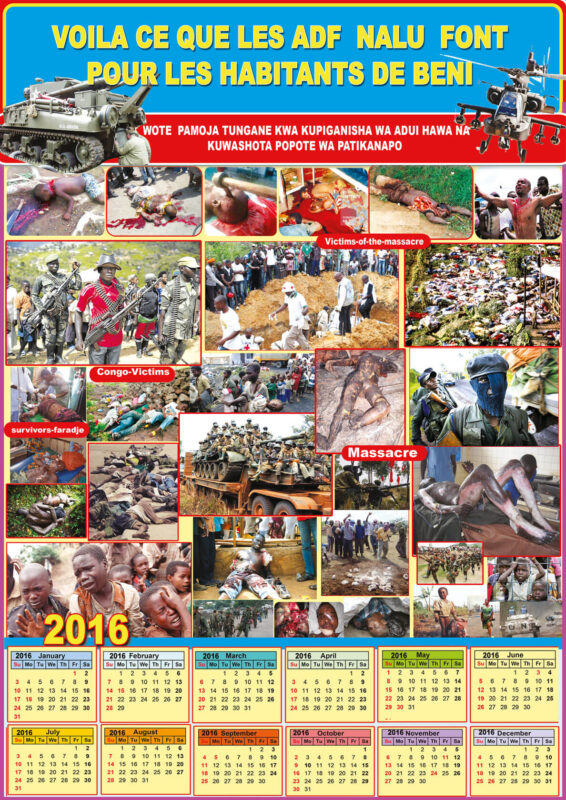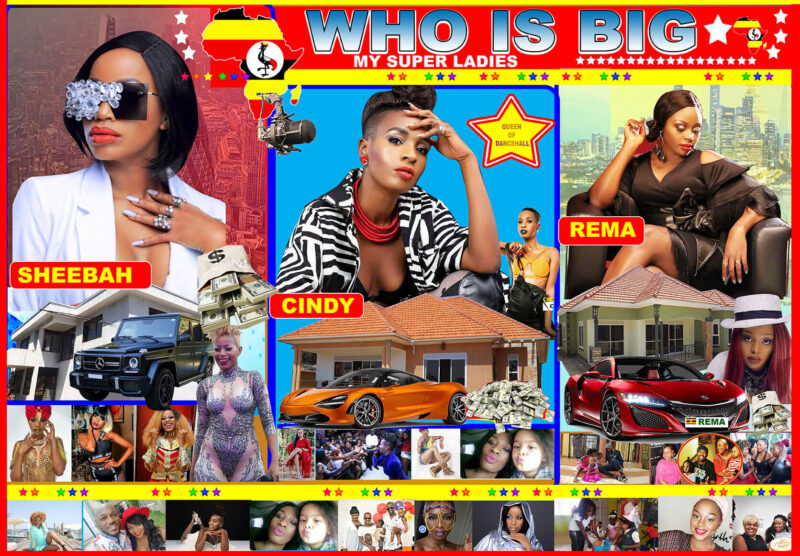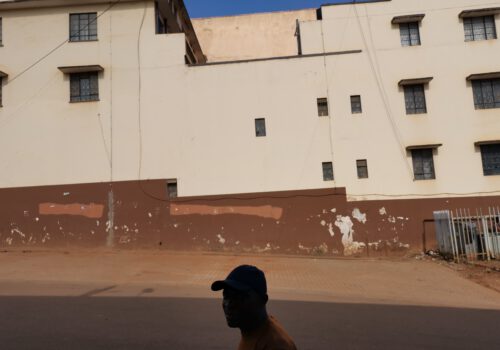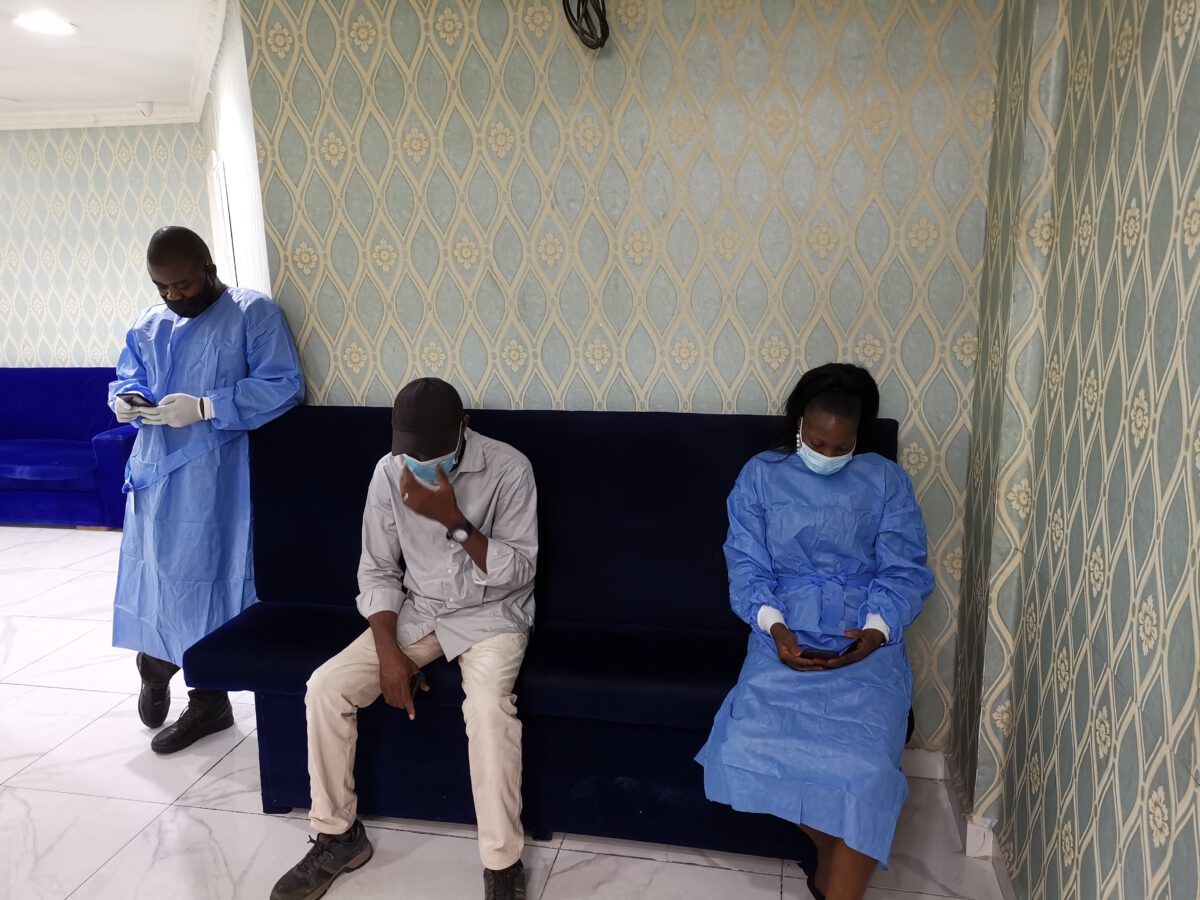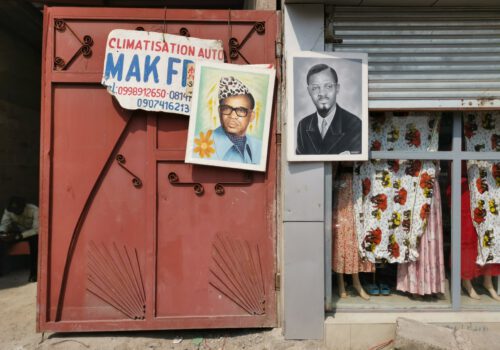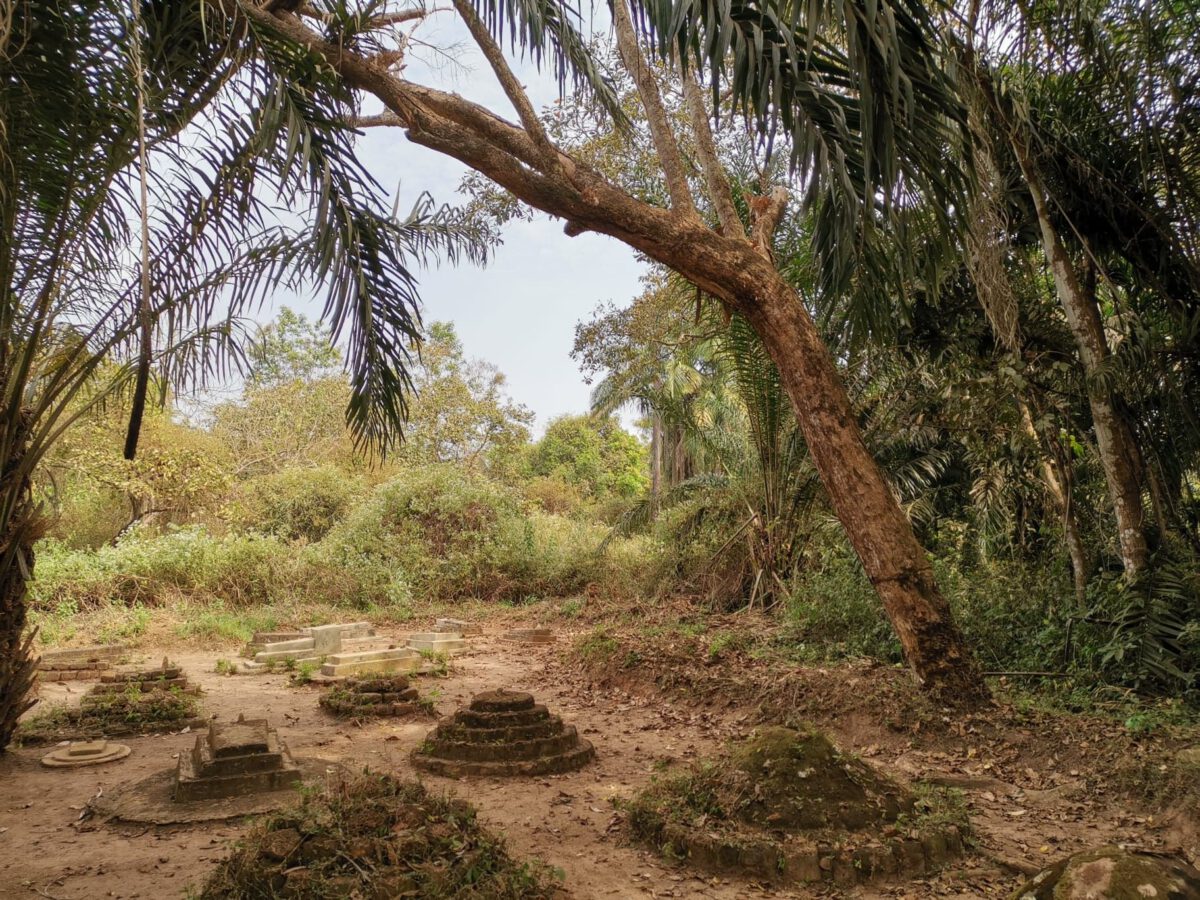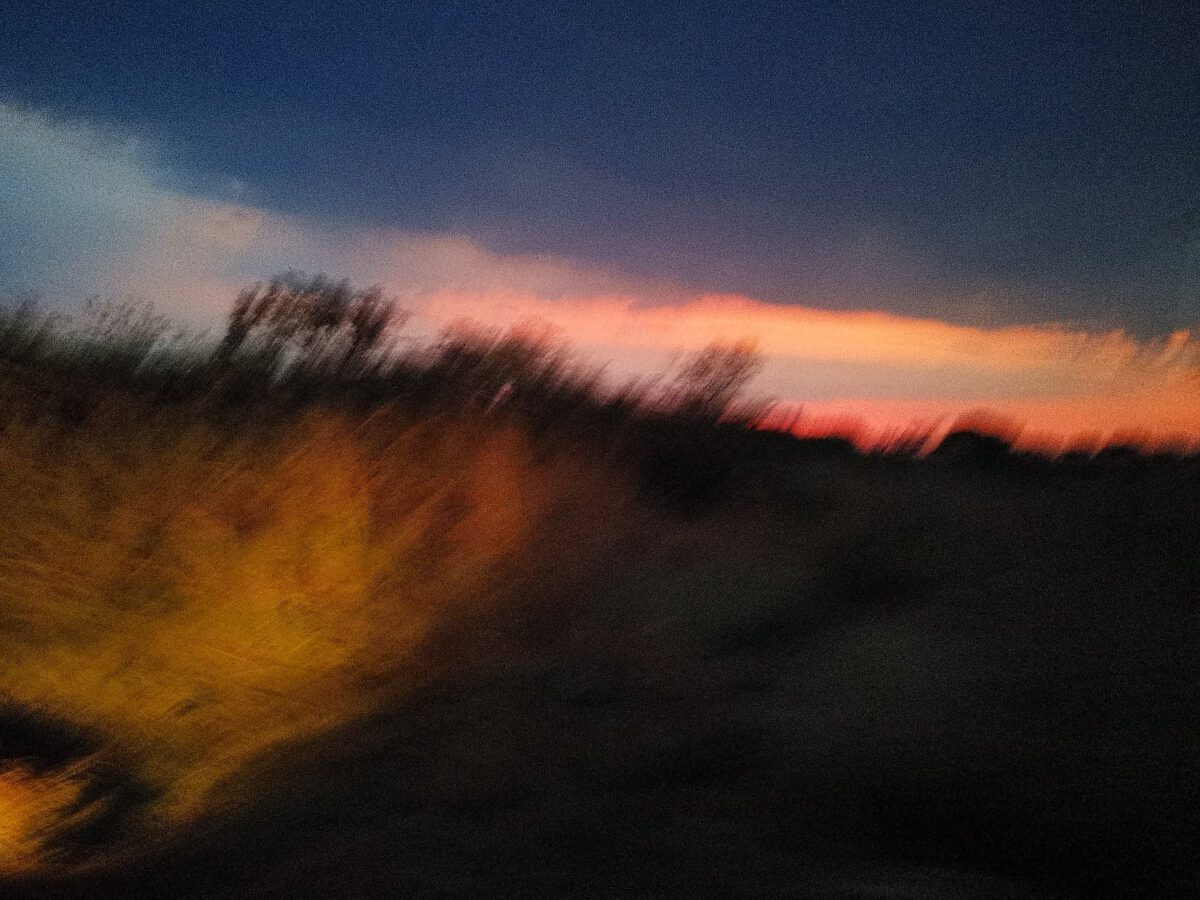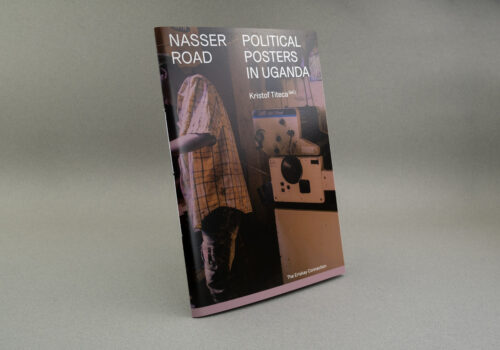
I am a Professor (full professor/Hoogleraar) at the Institute of Development Policy at Antwerp University; where I’m the chair/vice-dean of research. I’m also a Senior Associate Fellow in the Africa Programme of the Egmont Institute. My work lies at the intersection of political science, development – and area – studies, and relies heavily on field research.
I’m the author of ‘Nasser Road. Political Posters in Uganda‘ (editor, Eriskay Connection), ‘Rebel Lives. Photographs from inside the Lord’s Resistance Army’ (Hannibal Books/ FOMU), and Negotiating Public Services in the Congo (edited with Tom De Herdt, Zed Books), in addition to articles for academic publications such as African Affairs, International Affairs and many others. I am a regular contributor to a variety of media-platforms, such as The New Humanitarian, Washington Post’s Monkey Cage, African Arguments, Al Jazeera, and many others.
I focus on governance- and conflict- dynamics in Uganda and the Democratic Republic of Congo (DRC). I study the ways in which the state interacts with a range of non-state actors at a variety of scales and with a variety of actors: rebel groups, international donors, local non-state actors, and so on.
I am fascinated by the use of visual material, both as a research method, as a way to make academic output available to a broader audience, and for its aesthetic value in itself. My books ‘Nasser Road’, and the book & exhibition Rebel Lives – in collaboration with Georges Senga, Rein Deslé and others – is an important example.
I obtained my PhD at the Conflict Research Group, Ghent University, in 2007. I was a visiting fellow at the London School of Economics (LSE) in 2013-2014, at the Department of International Development. I have worked, and continue to work, closely with a number of Universities in the DRC and Uganda, through VLIR-UOS partnerships.
I regularly engage with policy, in a number of ways. I for example was an expert witness at the International Criminal Court for the case of ex-LRA commander Dominic Ongwen; or my spotlight briefing for the UNDP Borderlands Centre, where I wrote about informal cross-border trade along the Uganda-DRC border.
I live with my family in Antwerp, and spend a lot of time on Antwerp’s playgrounds with our three kids. I’m fascinated with photography (I studied photography at the Luca School of Arts, Ghent, 2003-2007). Have a look at this website to see some of my own work.
Contact: Kristof.titeca (at) uantwerp.be
You can follow me on Bluesky, Researchgate, Academia or Instagram. (but please reach out via email, rather than through messaging on these platforms).
Writing on conflict in DR Congo
This section is a collection of my writing and interviews about the conflict in the Democratic Republic of Congo (with particular attention to the recent escalation).
Stearns, Jason and Titeca, Kristof (2025) ‘Rwanda’s Attack on Congo Could Plunge Africa Into War’, Foreign Policy, 28 February 2025
Titeca, Kristof (2025) M23 rebels are marching across eastern DRC : the interests driving players in the conflict, The Conversation, 18 February 2025.
Titeca, Kristof and Jacques Mukena (2025) ‘M23 & Rwanda are trying to redraw the map and it’s all about to blow’, Responsible Statecraft, 11 March 2025,
Titeca, Kristof (2025) ‘The war we aren’t watching’, International Politics and Society, 17 February 2025.
Titeca, K. (2025) ‘RD Congo-Rwanda. Une guerre aux racines multiples’, Afrique XXI, 28 Janvier 2025,
Titeca, K. (2025) ‘L’Europe, funambule précaire entre le Rwanda et la RD Congo’, Afrique XXI, 28 Janvier 2025,
Titeca Kristof (2025) ‘Leiden de gevechten in Oost-Congo tot een regionaal conflict?’ De Standaard, 11 Februari 2025.
Titeca, K. (2025) ‘Waarom kan Rwanda zijn gang blijven gaan in Oost-Congo? Zeg Kagame eindelijk de wacht aan’, De Standaard, 27 Januari 2025
Titeca, K. and Kennes, E. (2025) ‘‘Europe First’ lijkt in Centraal-Afrika vooral als een boemerang te gaan werken’, De Morgen, 6 Februari 2025,
Titeca K. and Kennes, E. (2025) ‘The EU’s unwavering support for Rwanda must end now’, EU Observer, 4 February 2025,
Kennes, E. and Titeca K. (2025) ‘L’Union européenne et la guerre en RDC : ni vu ni connu’, Le Soir, 3 Fevrier 2025.
I have followed closely the new EU financing to the Rwandan Army in Mozambique, on which I have written a briefing for Egmont (before the decision); and a long piece for Democracy in Africa (an updated briefing, after the decision).
News
I’ve written on the involvement of the Dutch organisation Christian Council International and its leader Henk-Jan Van Schothorst in expanding anti-rights and anti-LGBTQ legislation across Africa, for ZAM: “Did a Dutch lobbyist play a key role in anti-LGBTQI campaigns in Africa?“. I was also interviewed about this theme in De Volkskrant, and in the documentary about this theme for Zembla (‘God’s Lobby’).
I’ve published the following policy brief: The End of Uganda’s Refugee Model, or Just a ‘Transition’?, with Roos Derricx, for Egmont. I have elaborated it in Democracy in Africa Related with this, I gave a series of interviews on a potential Dutch-Ugandan asylum deal, e.g. for NOS, Bureau Buitenland, Volkskrant.








